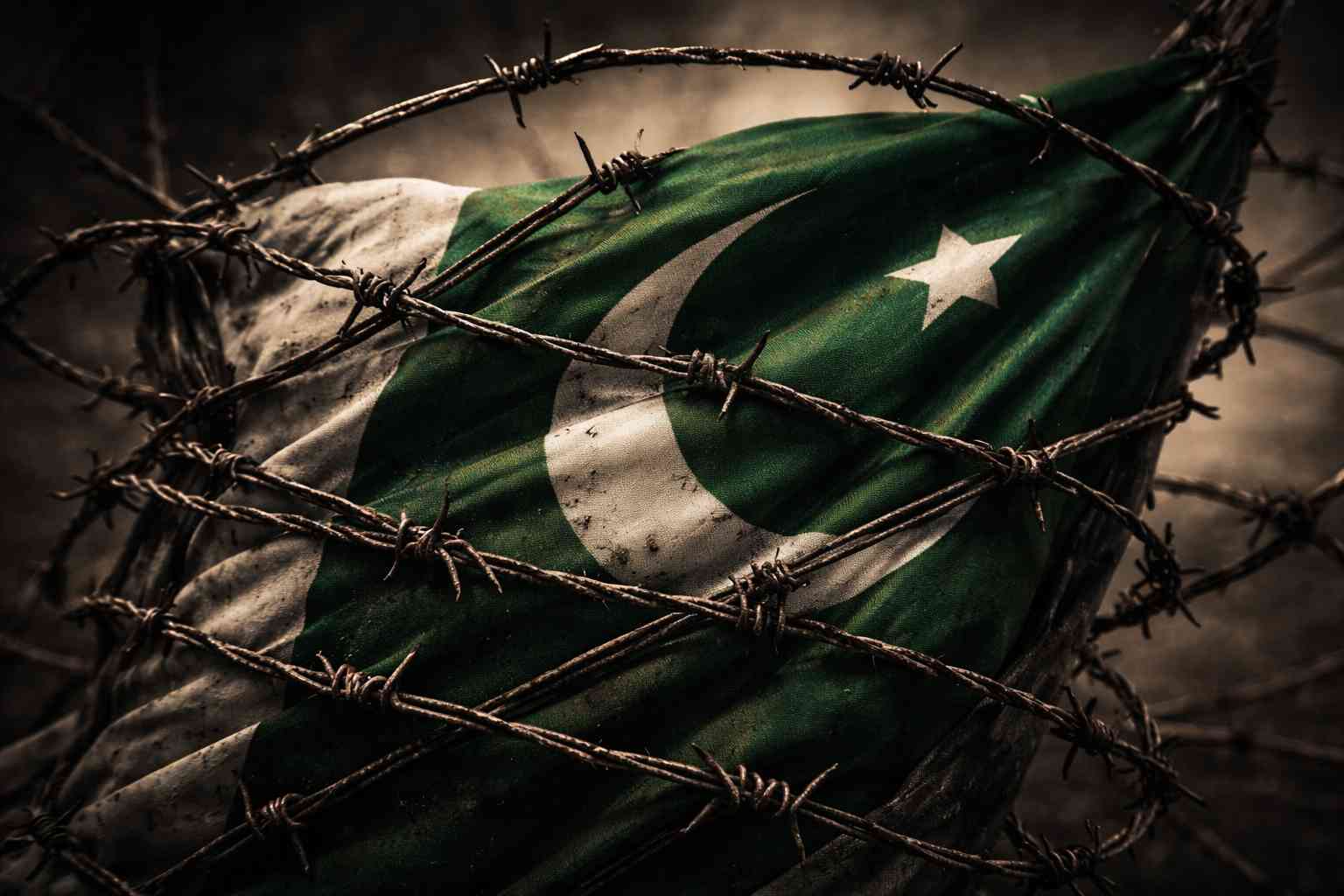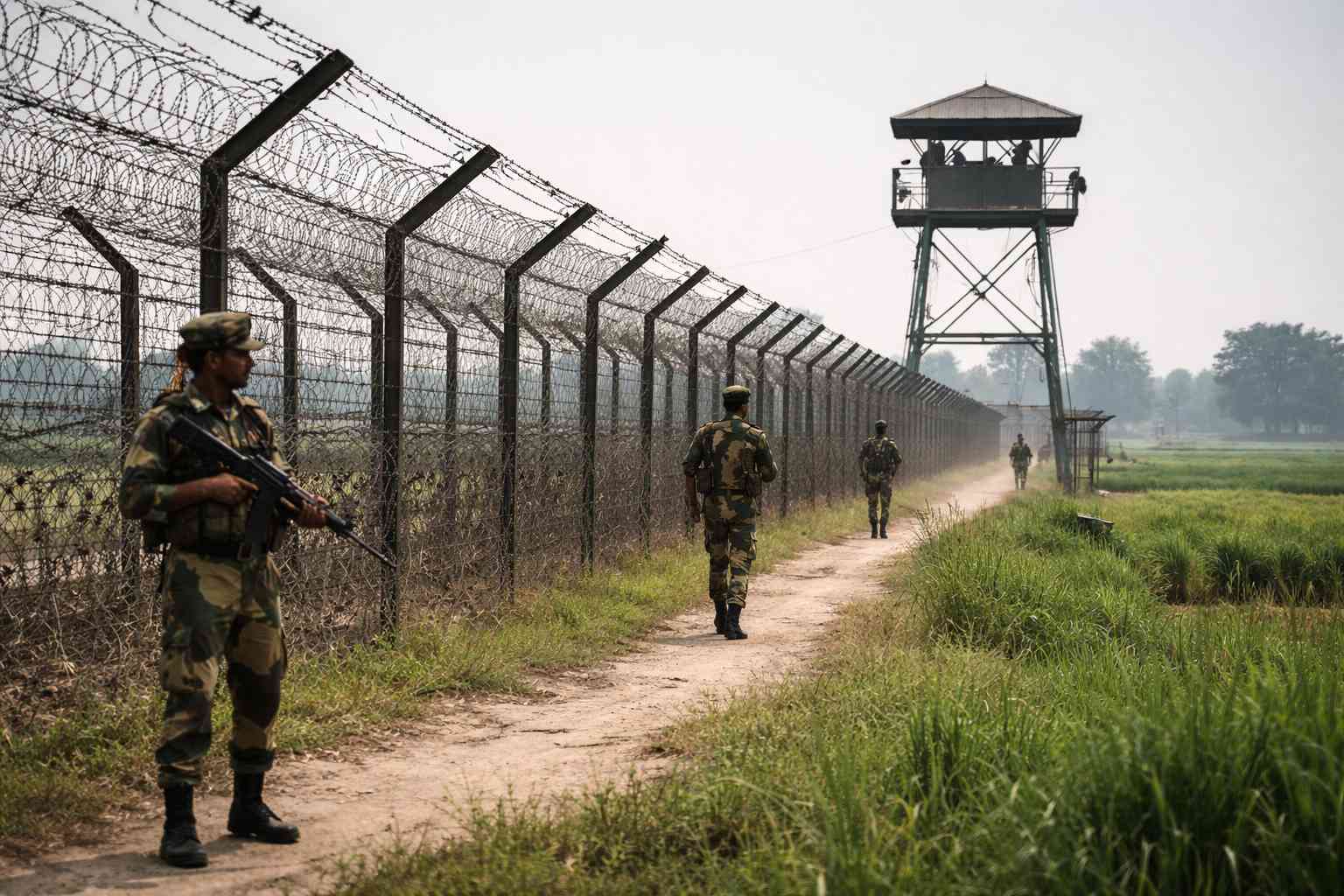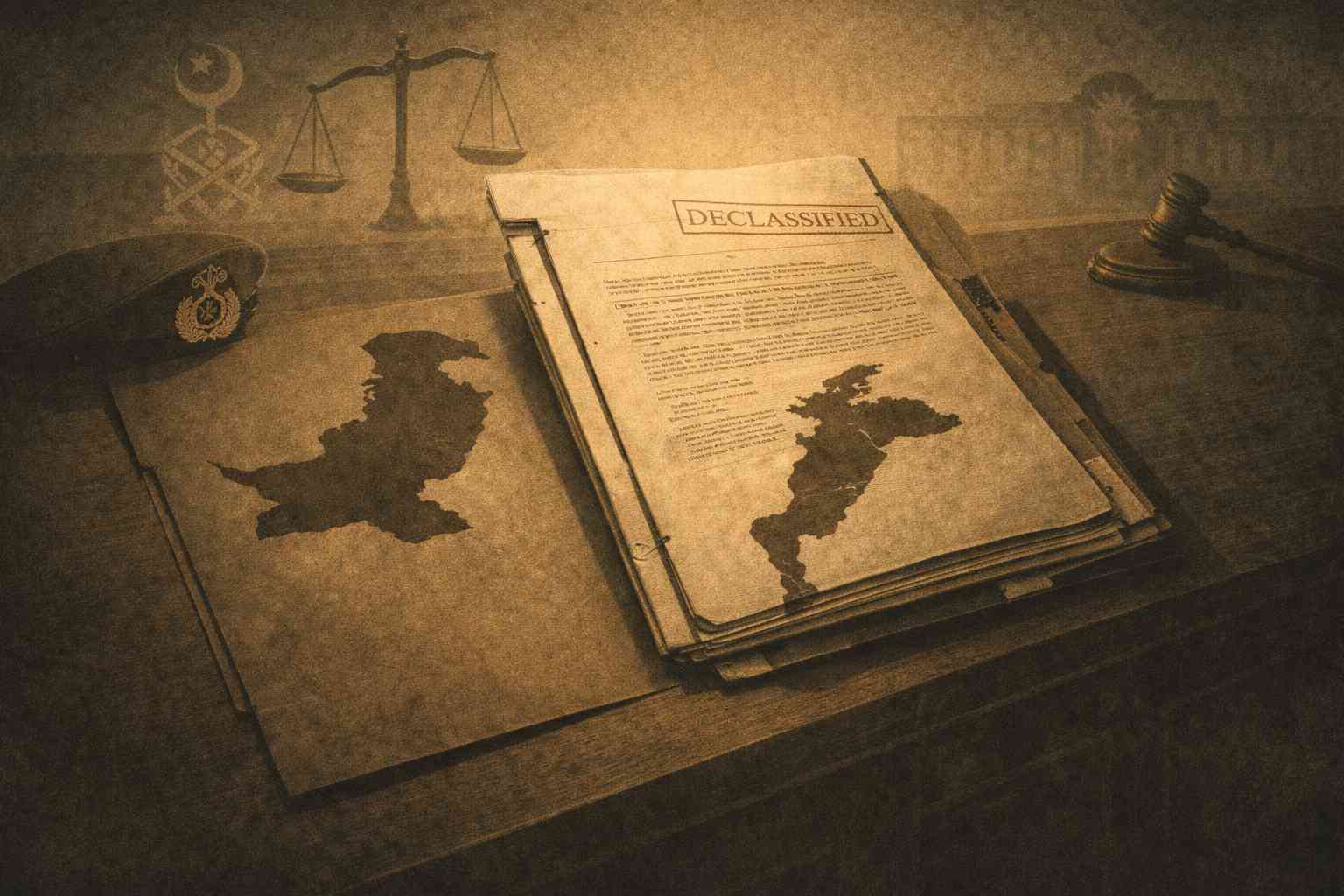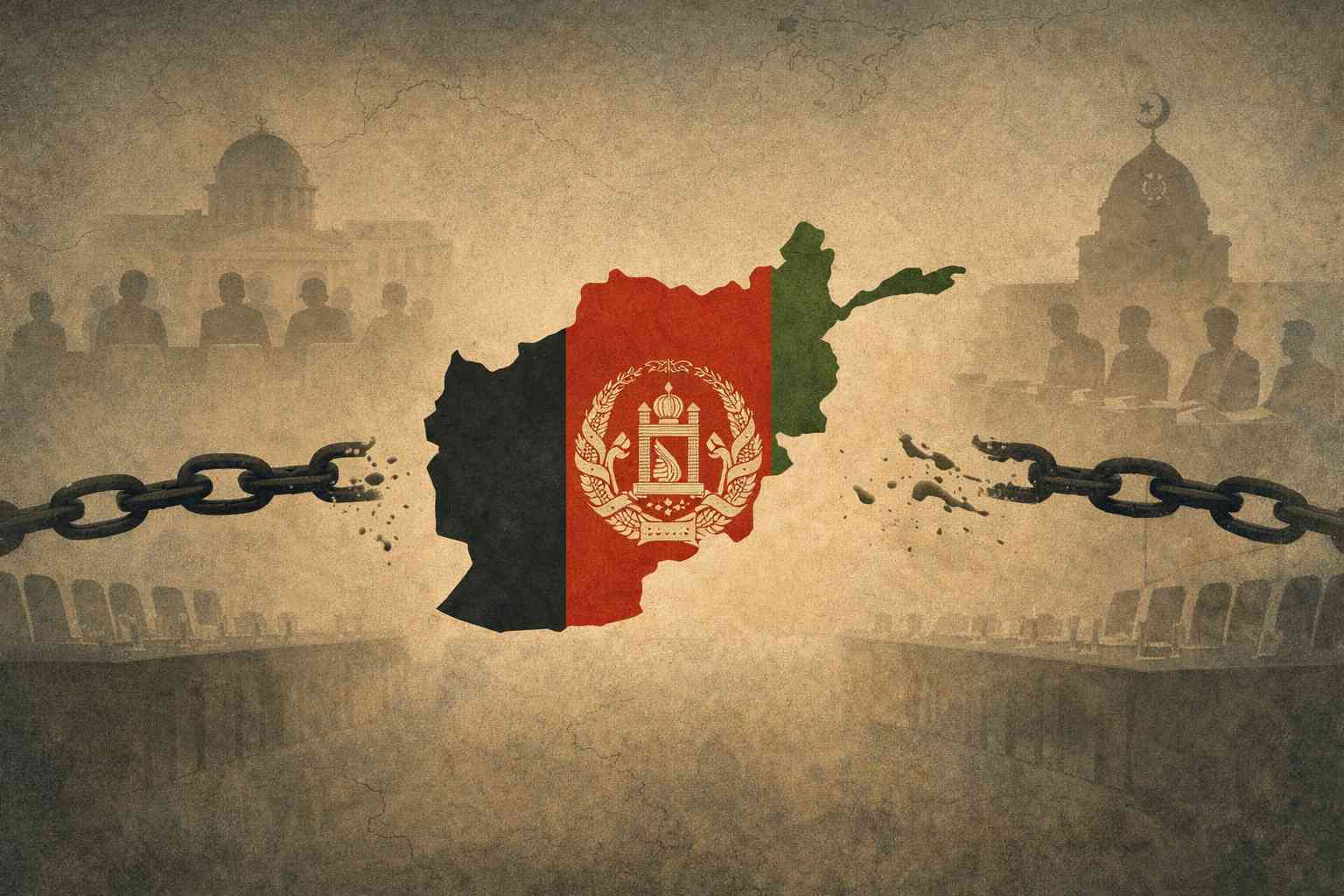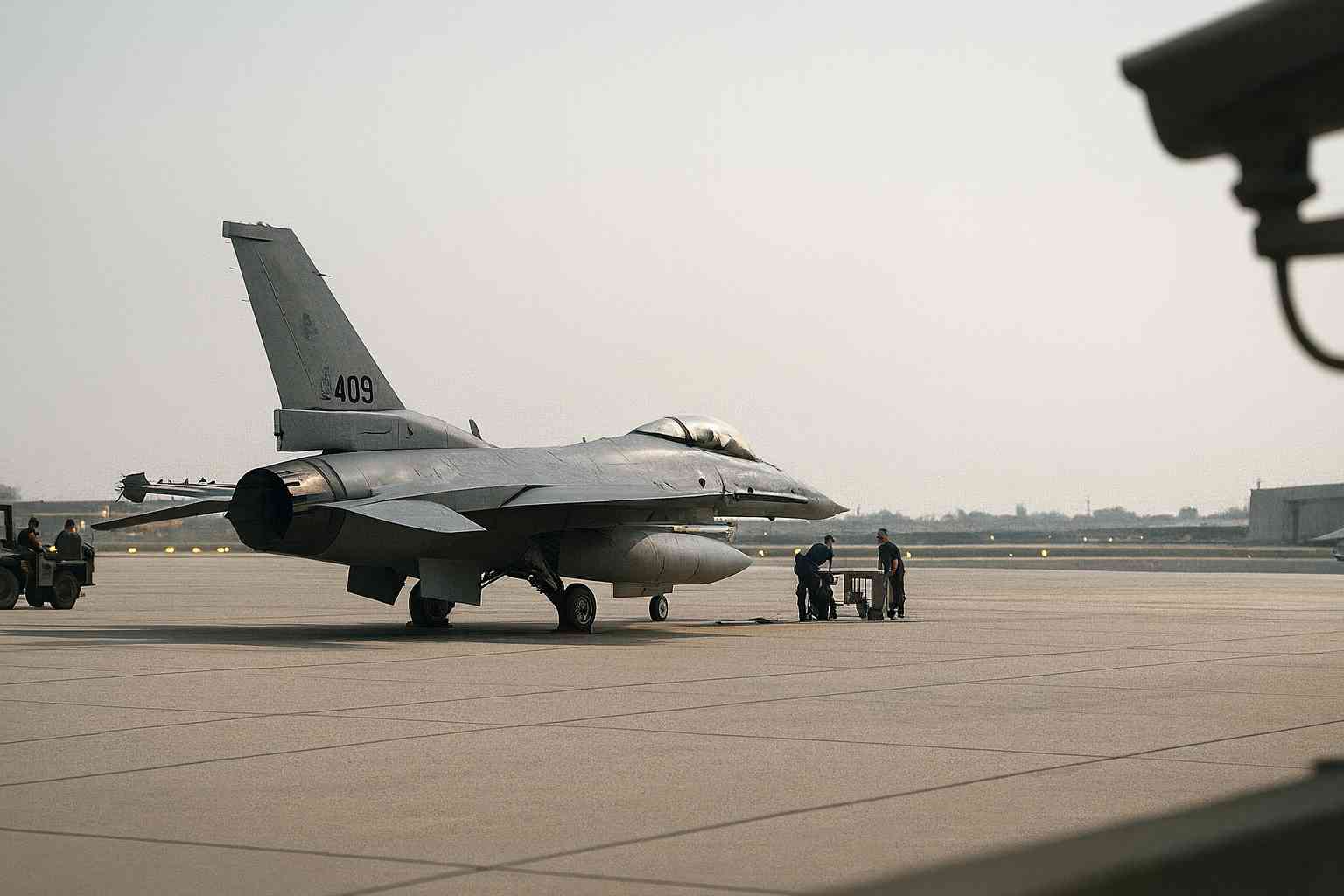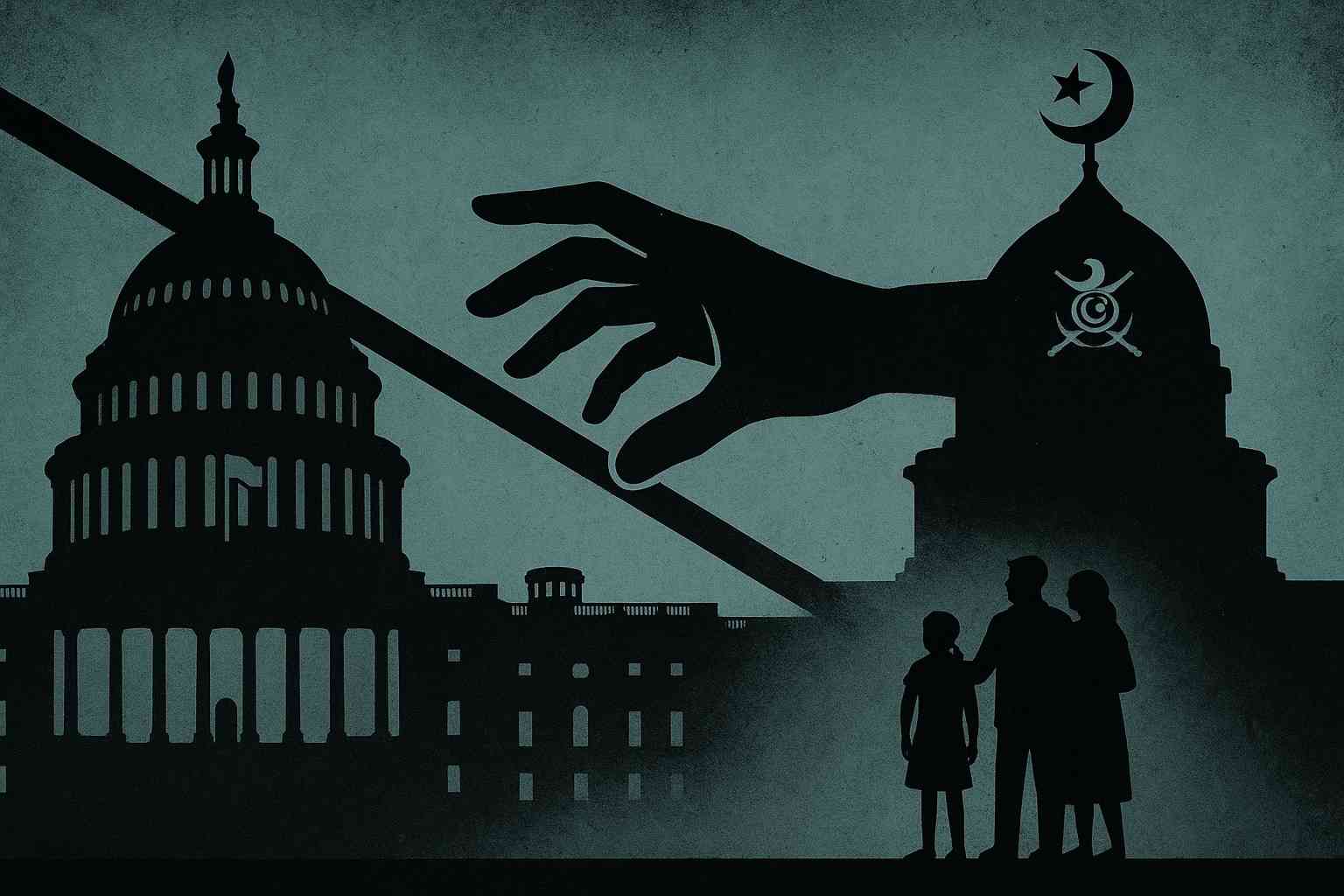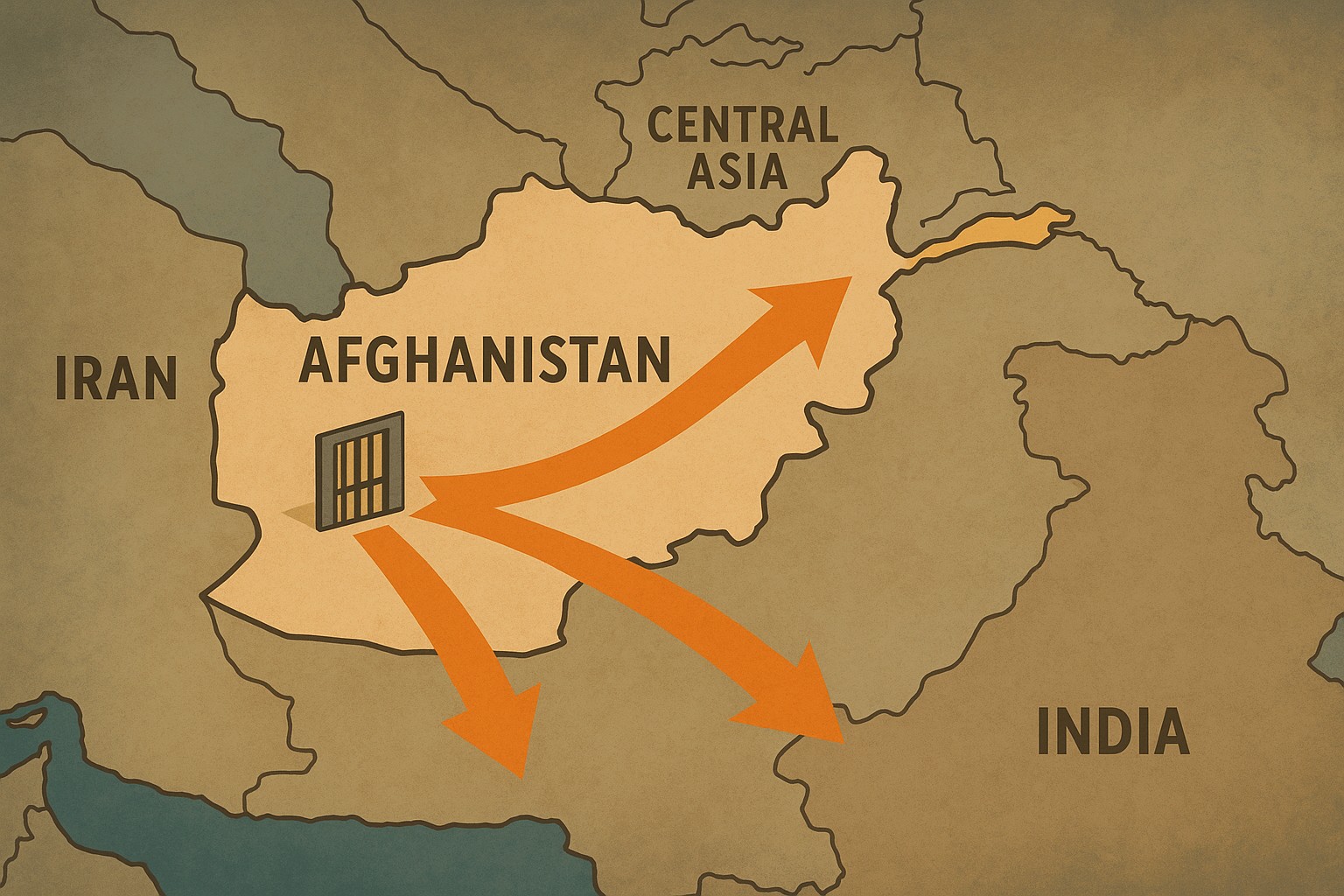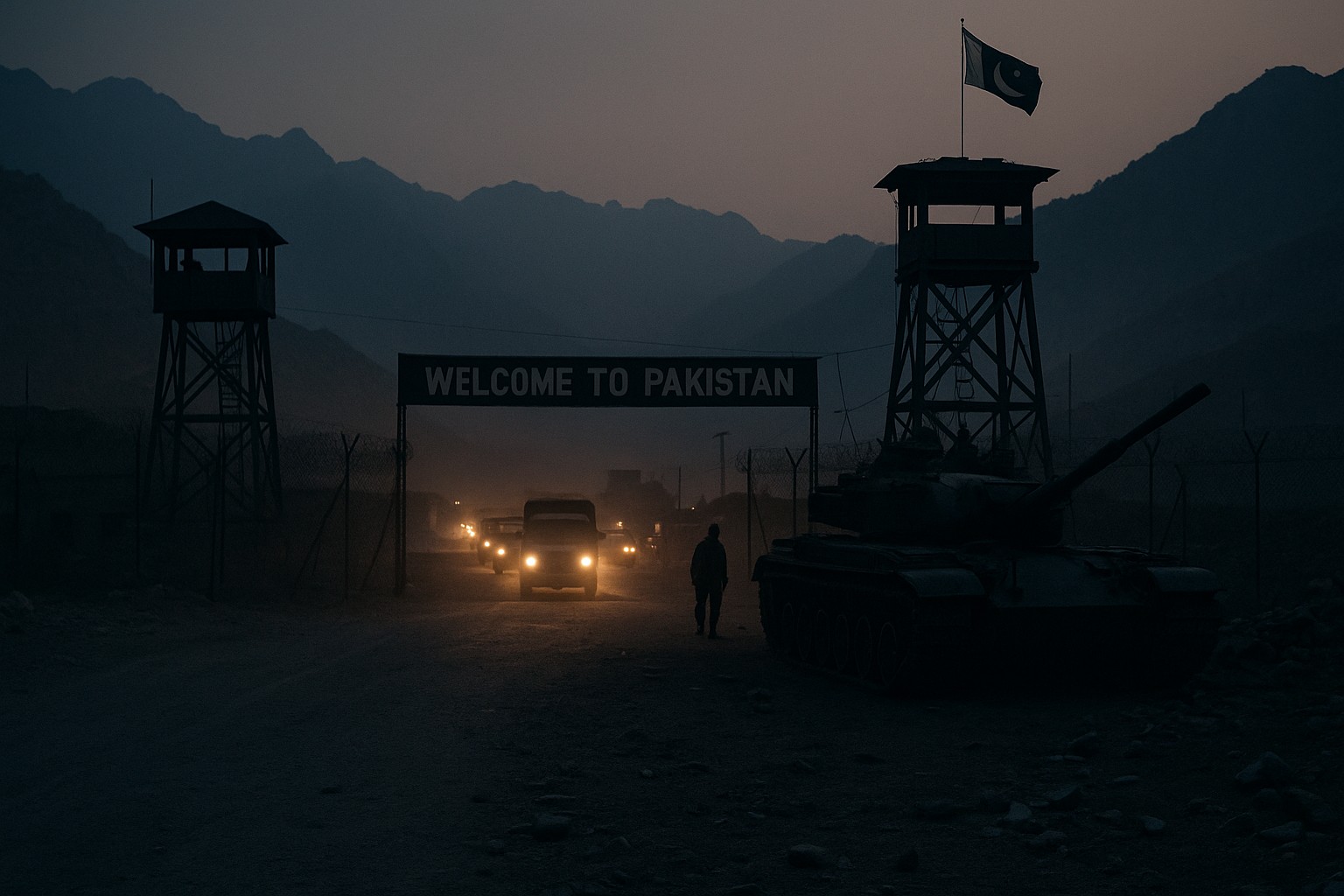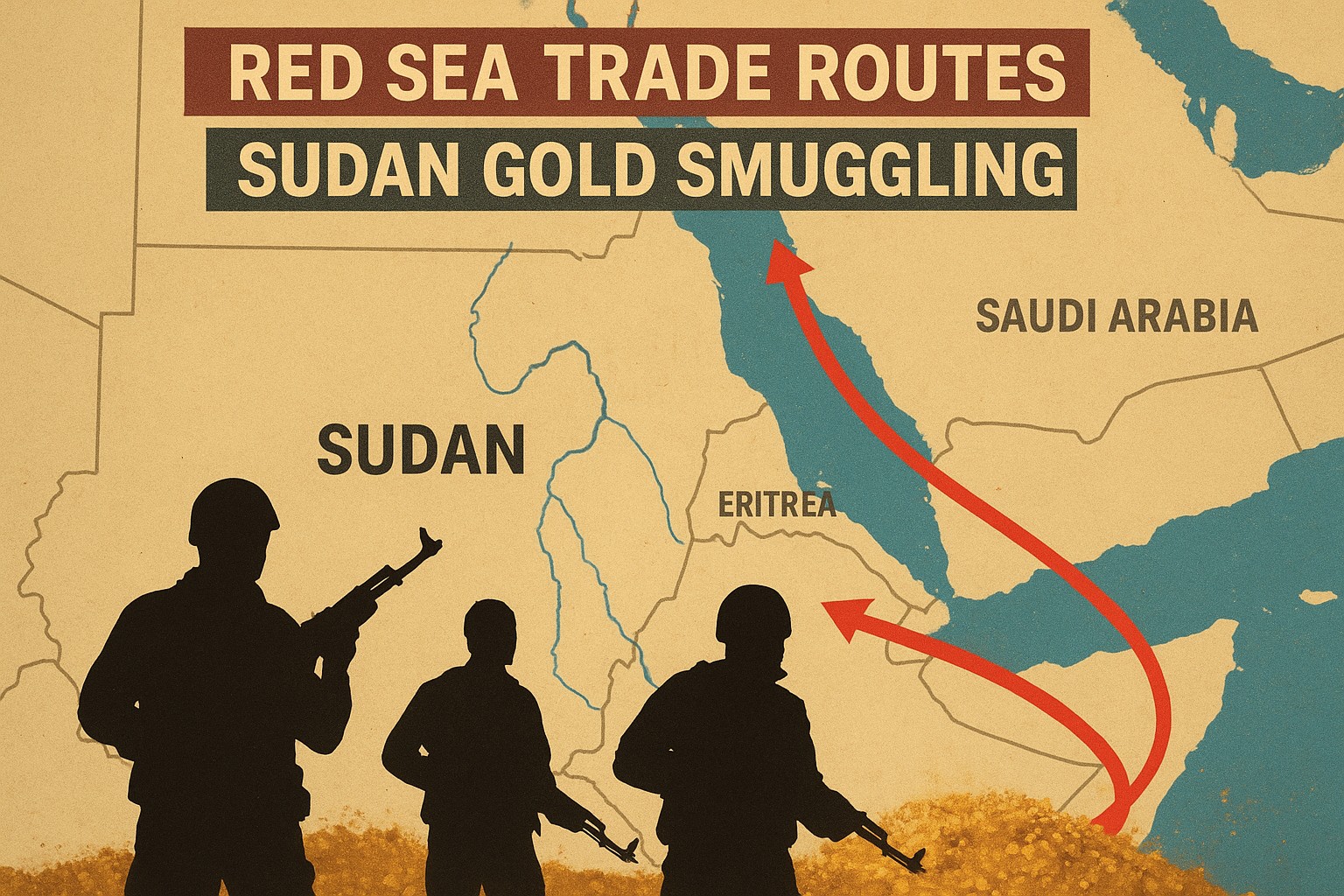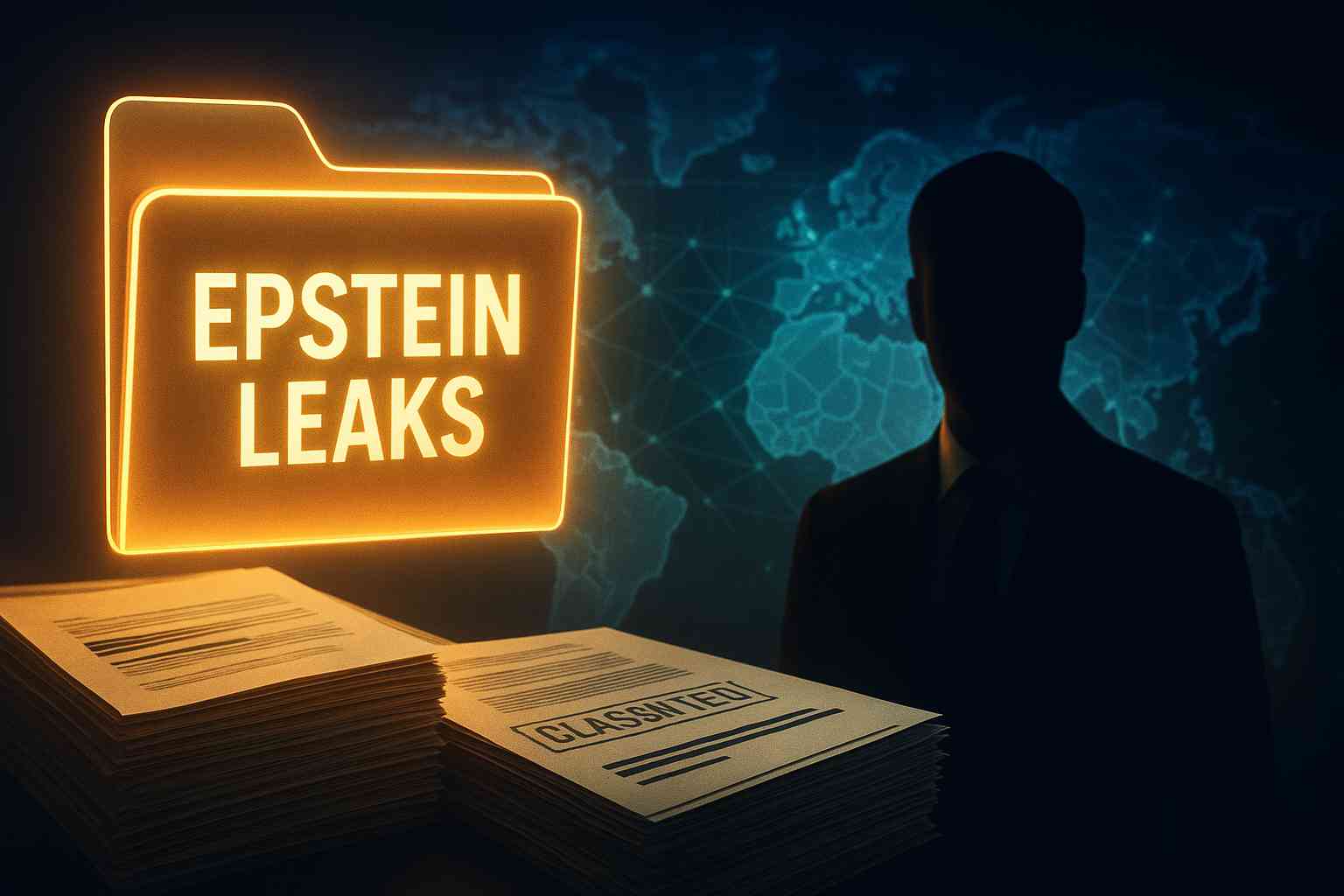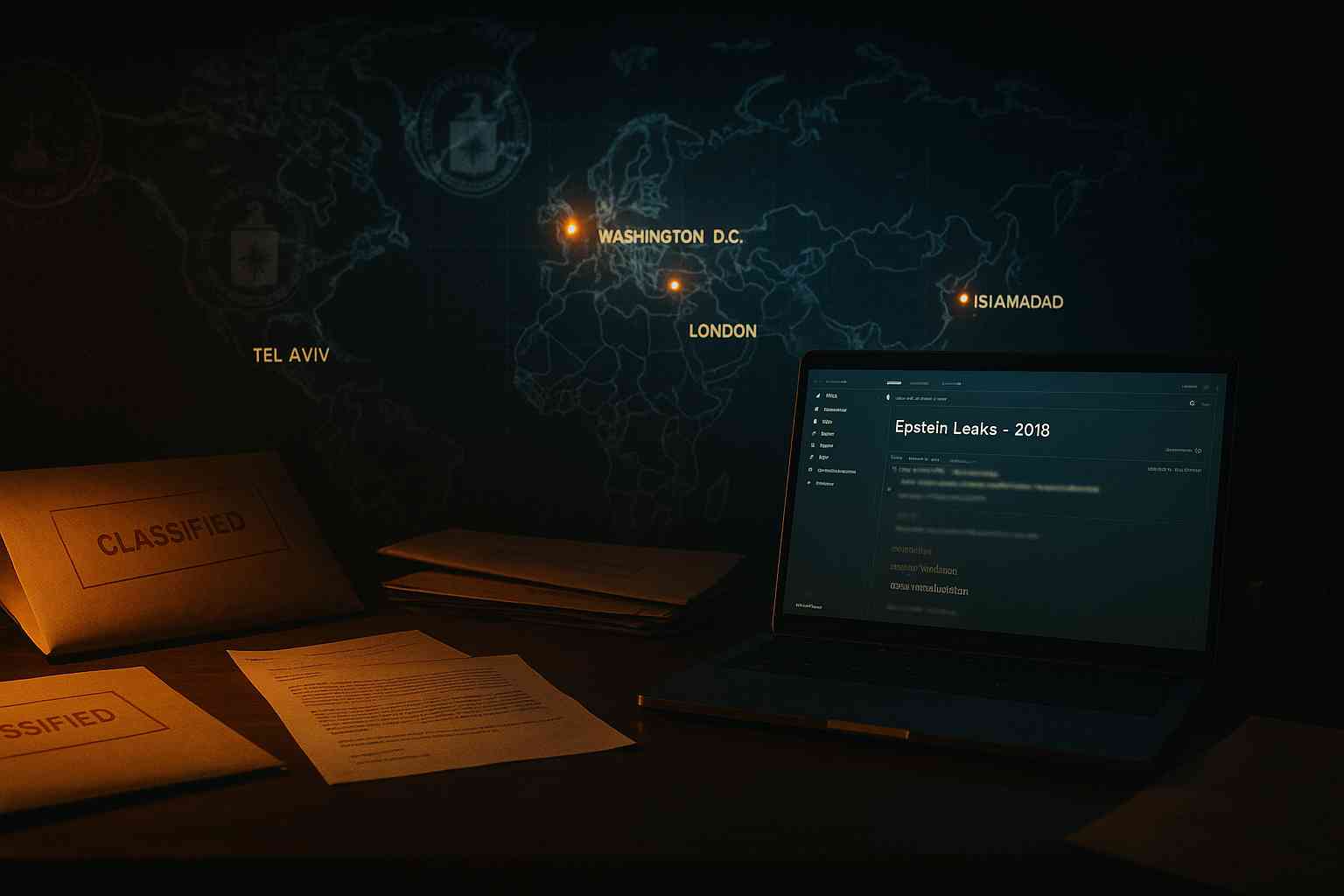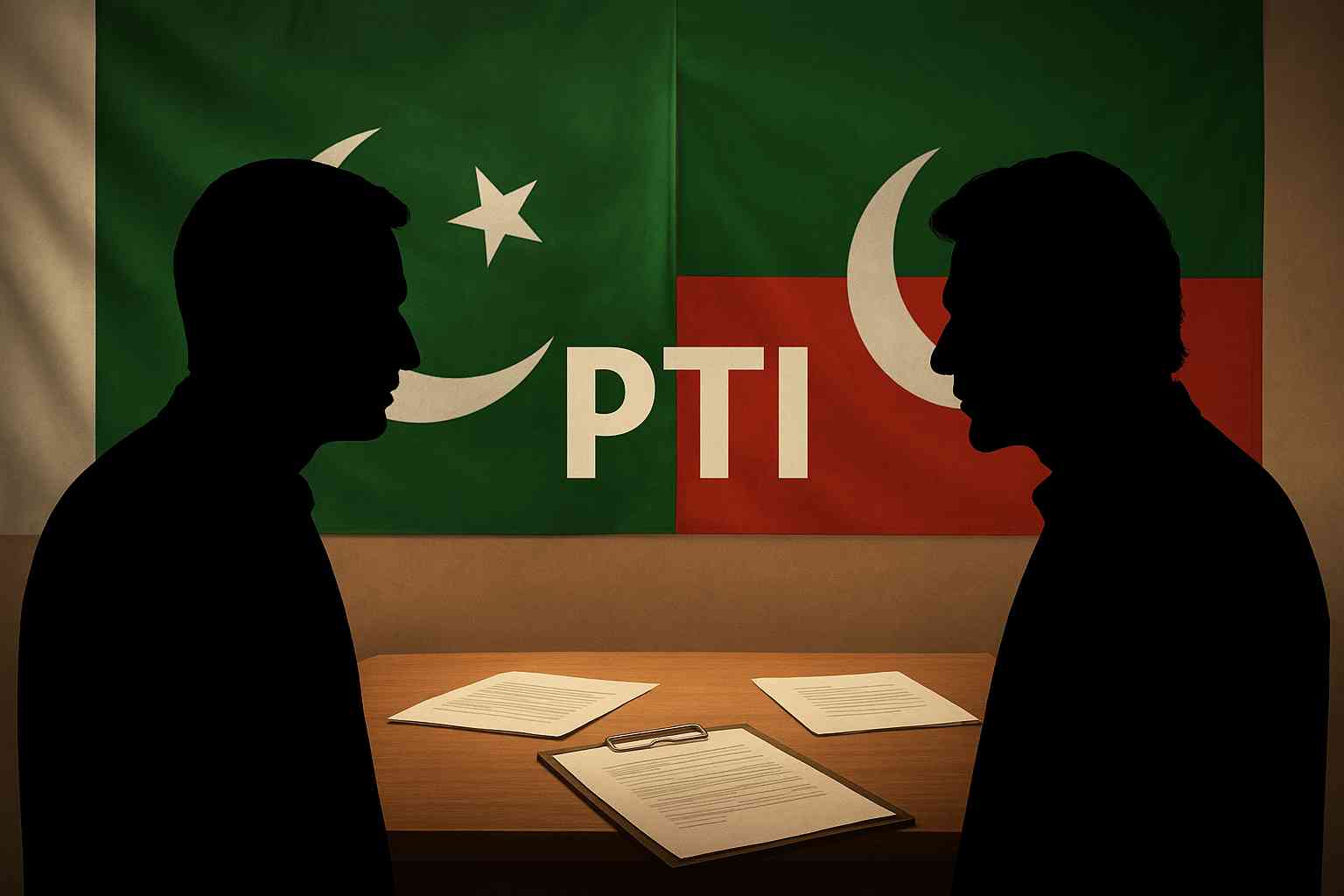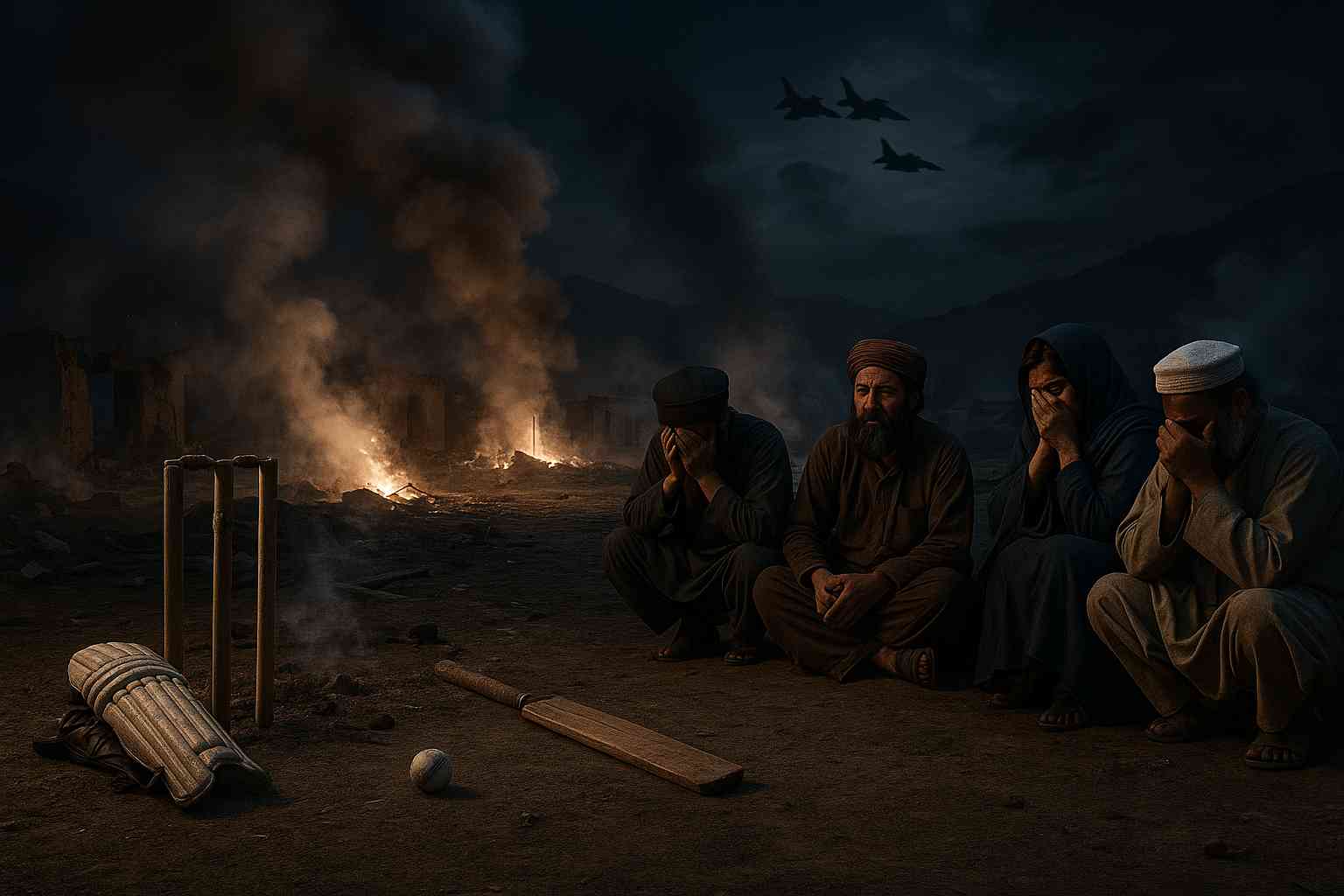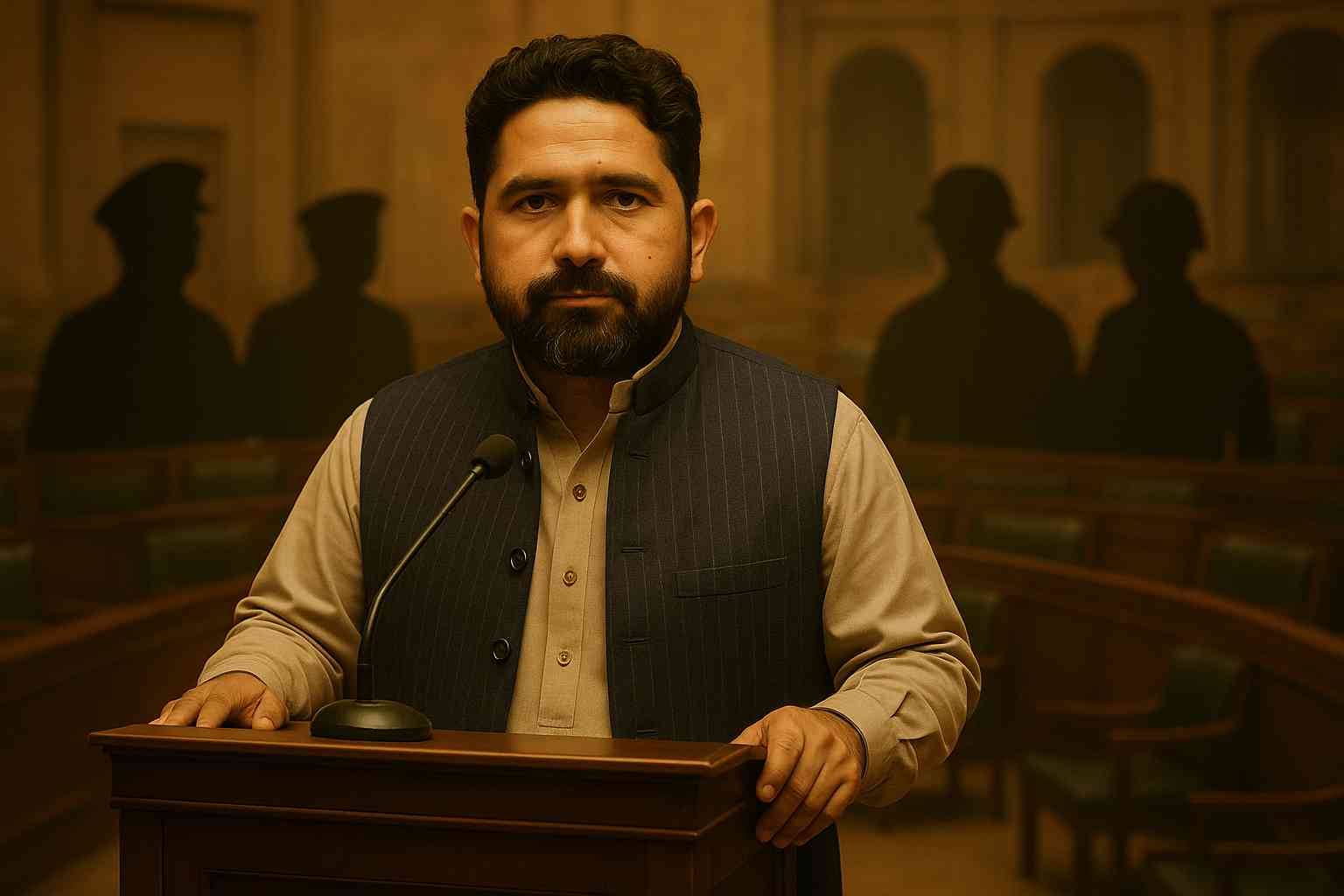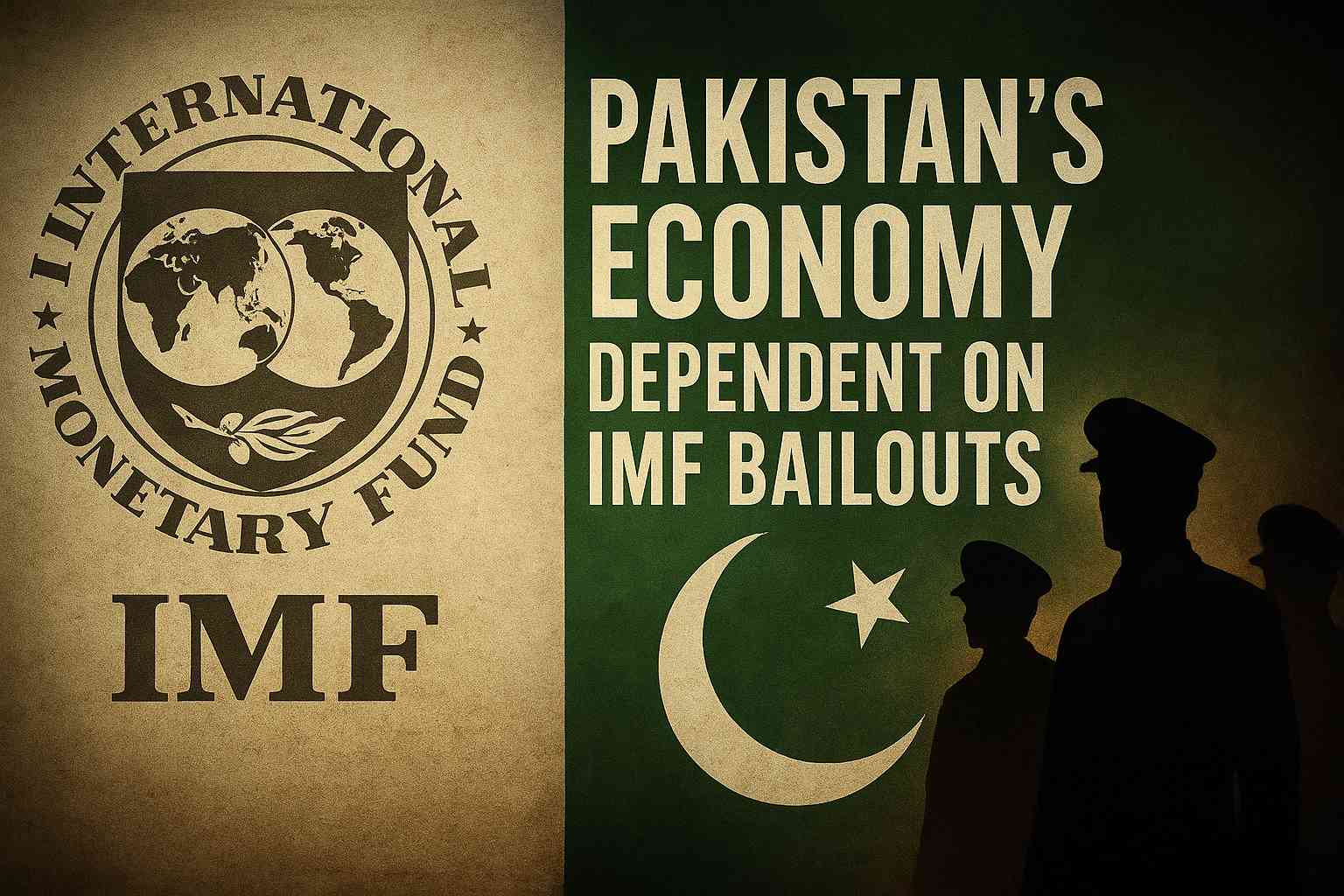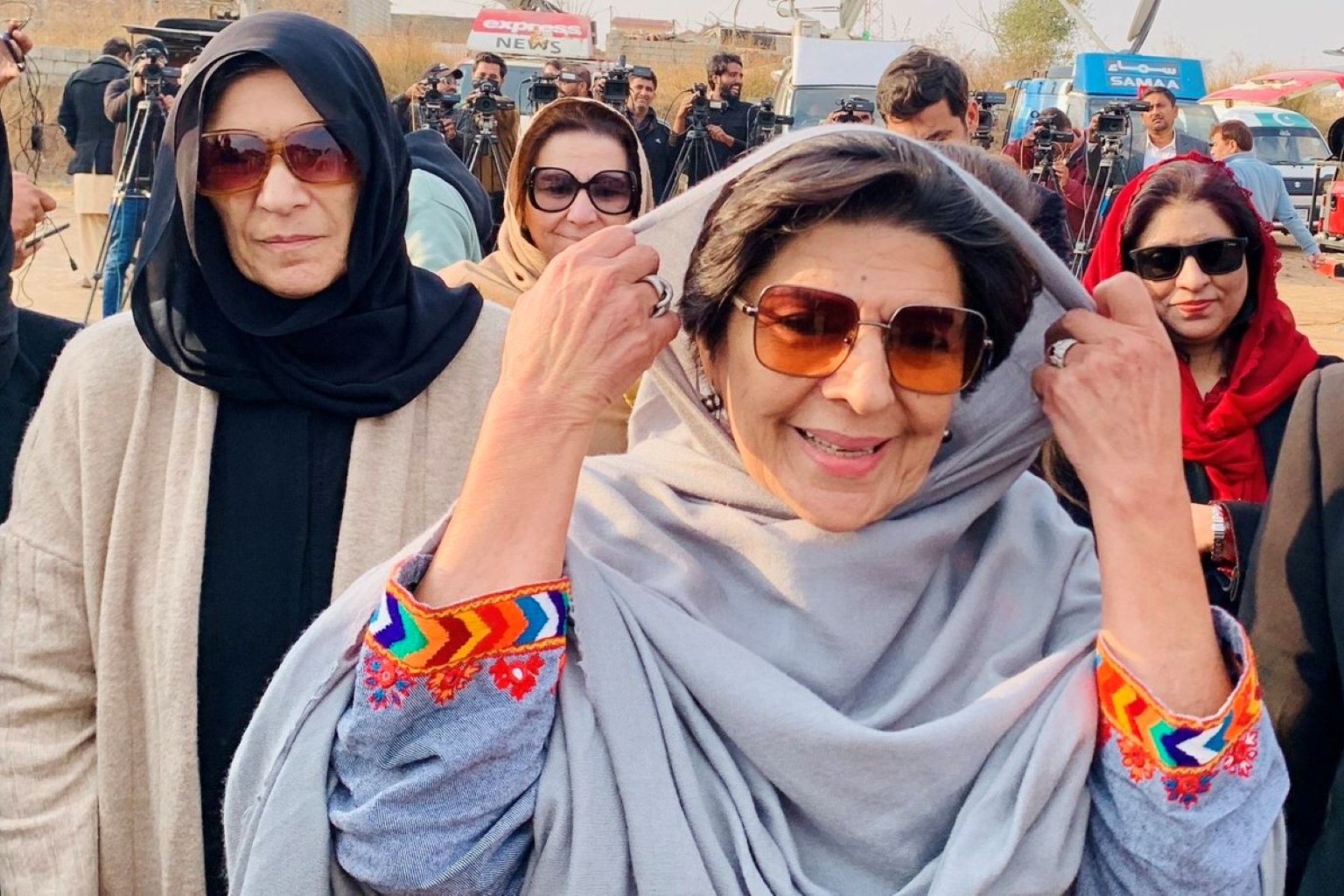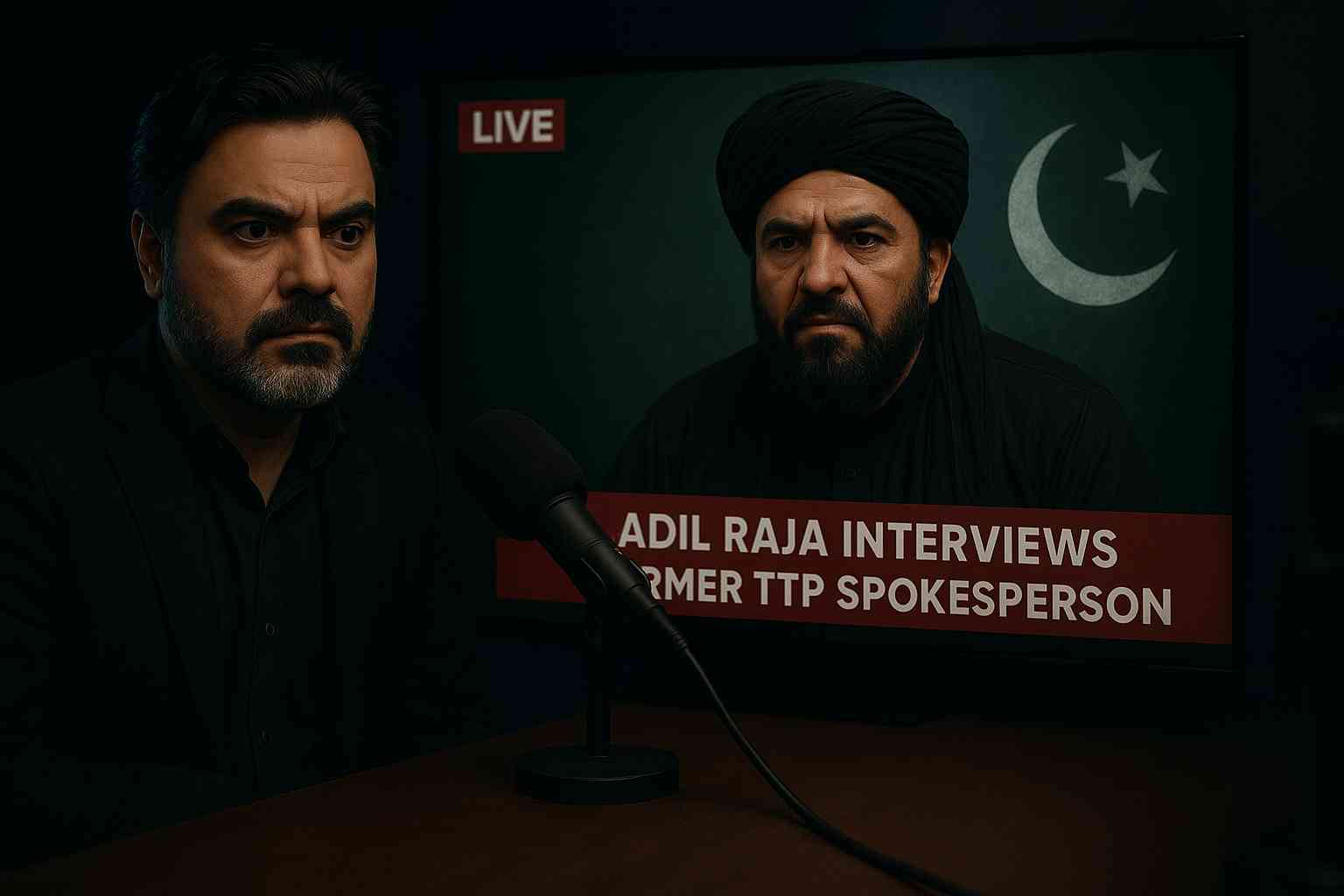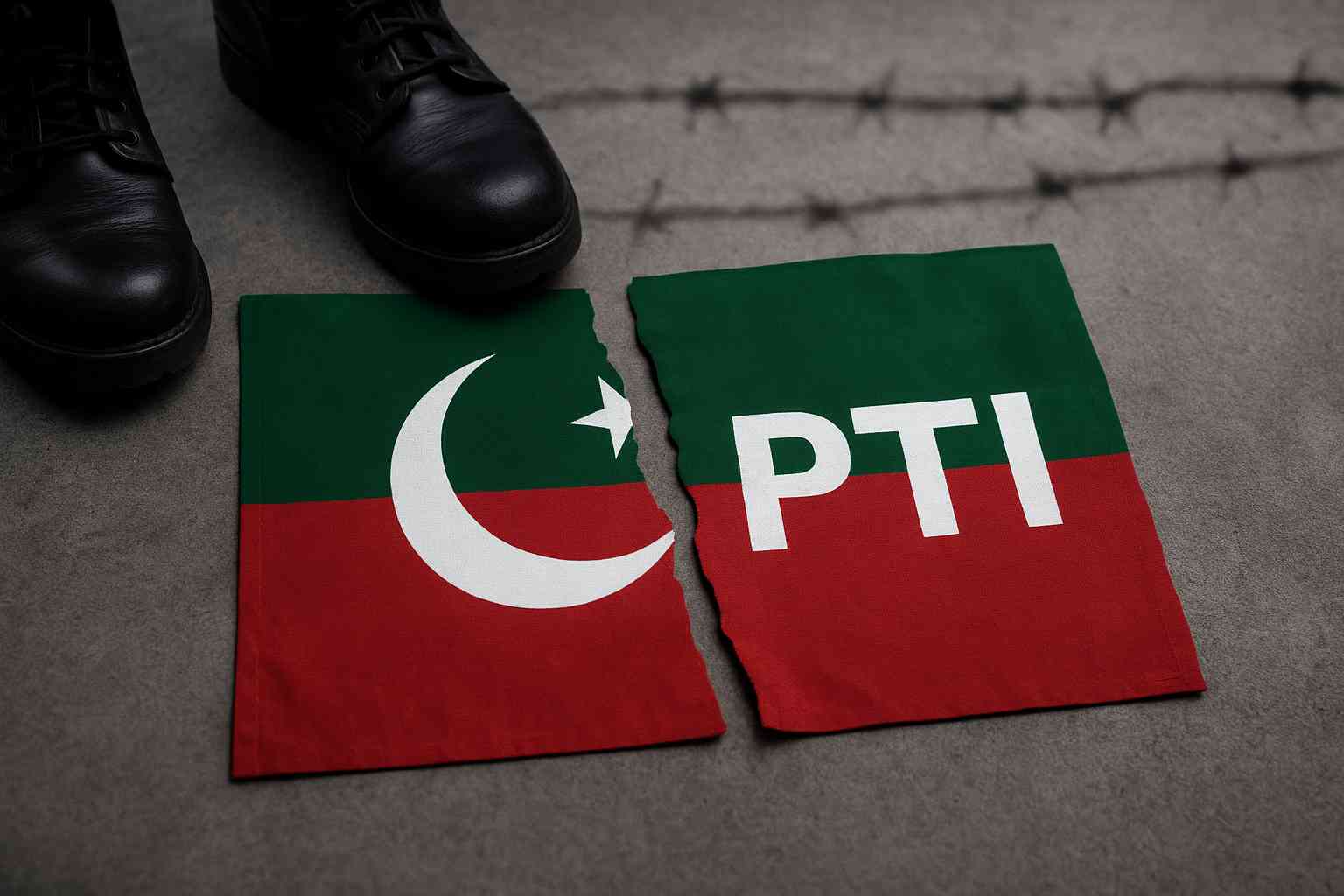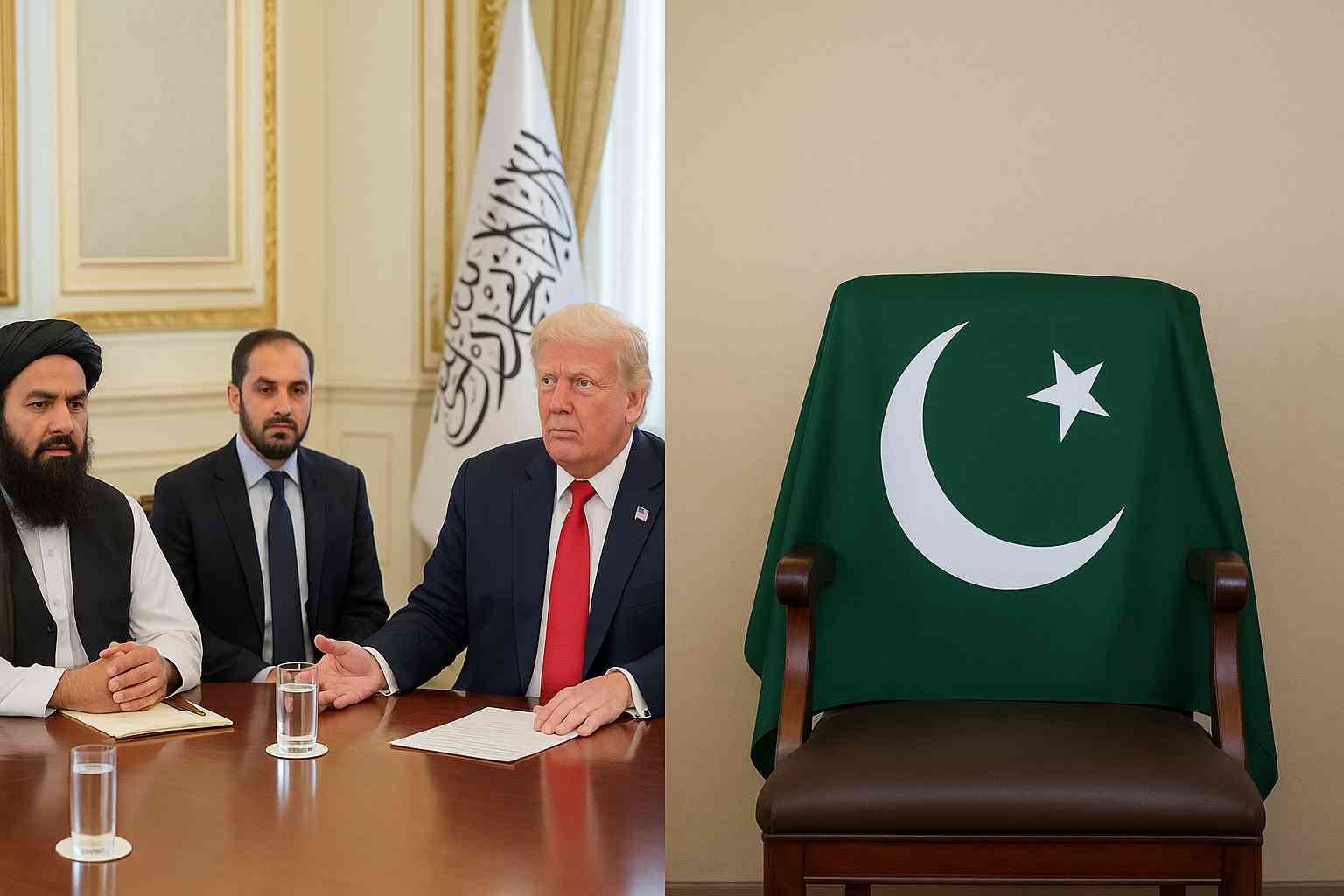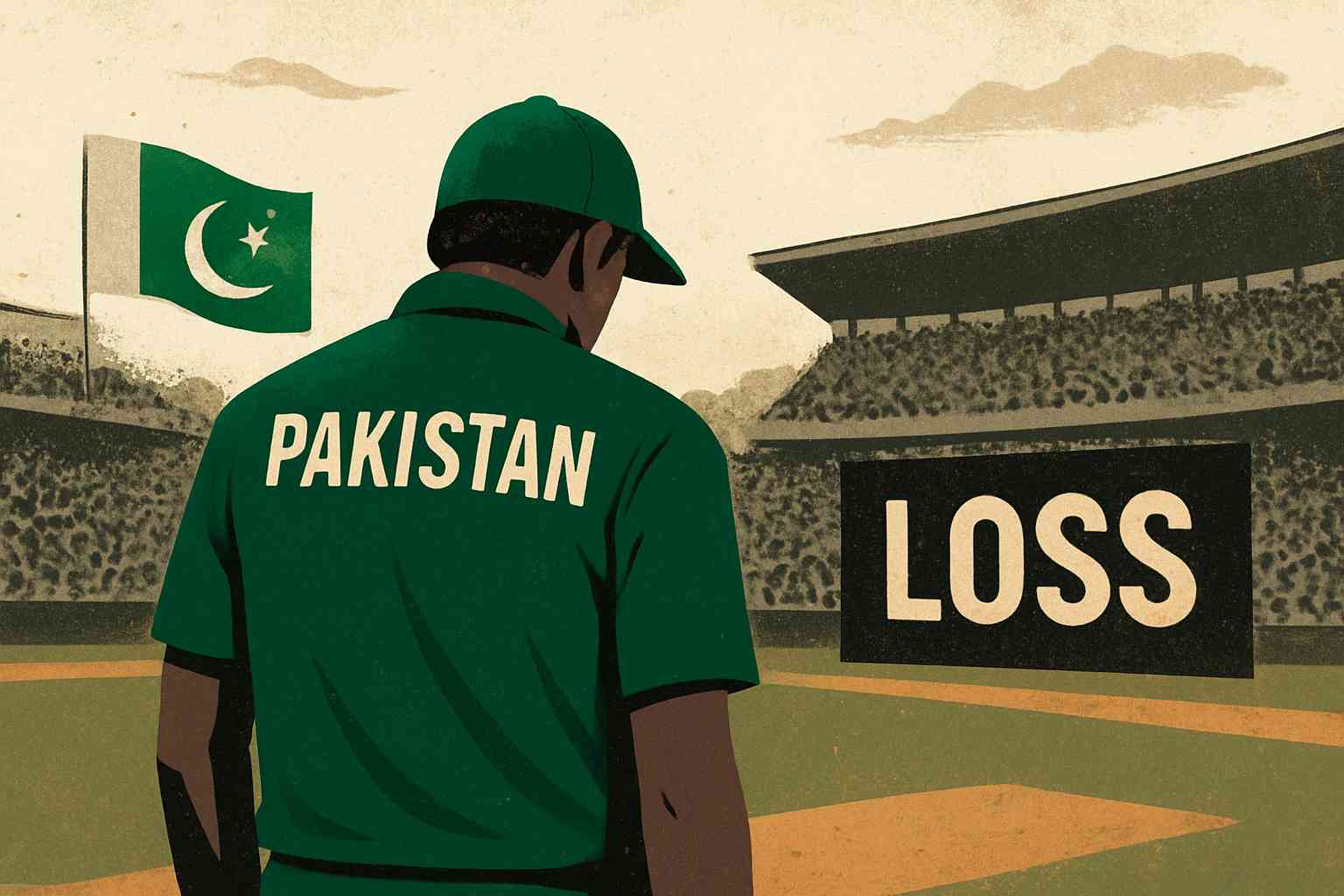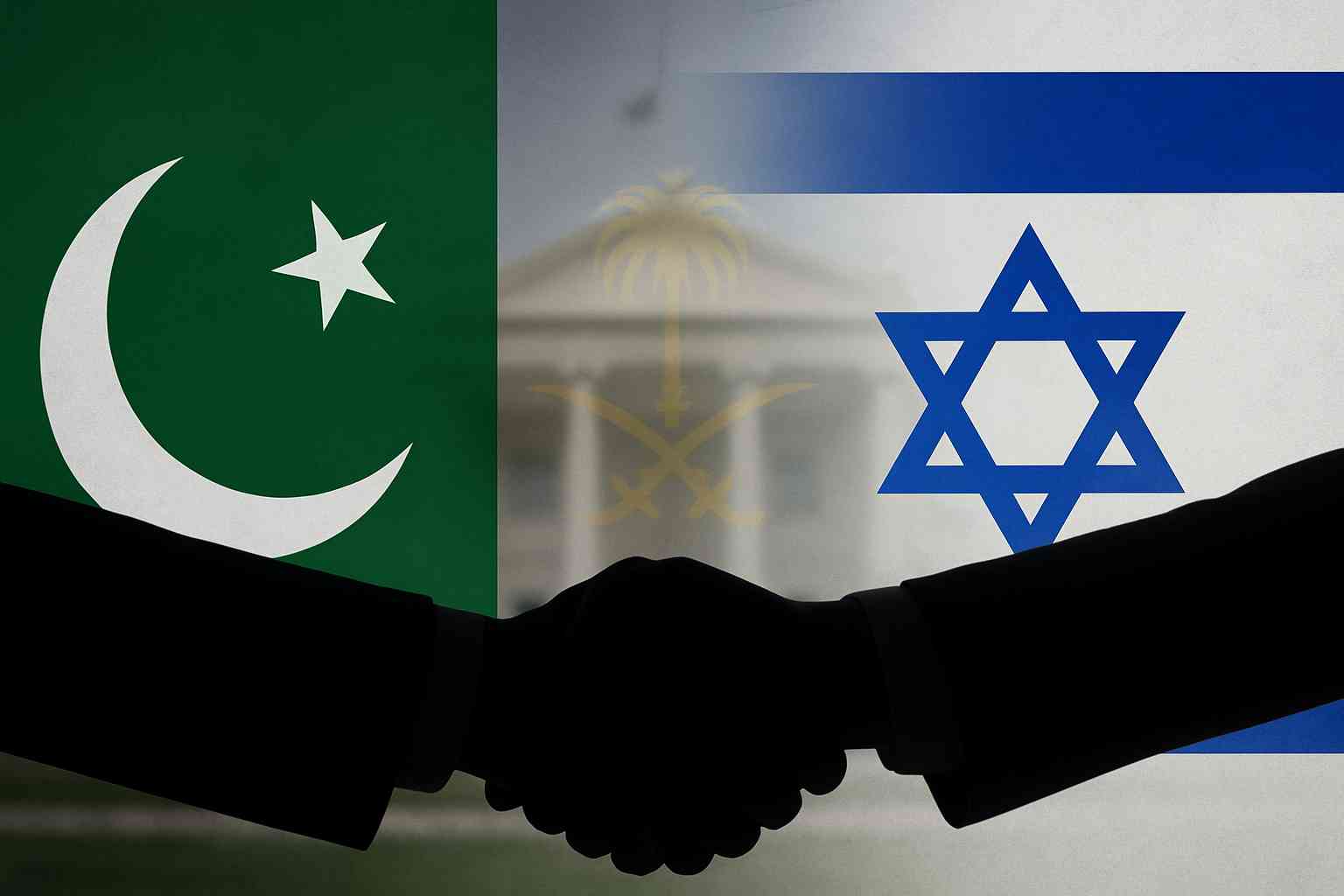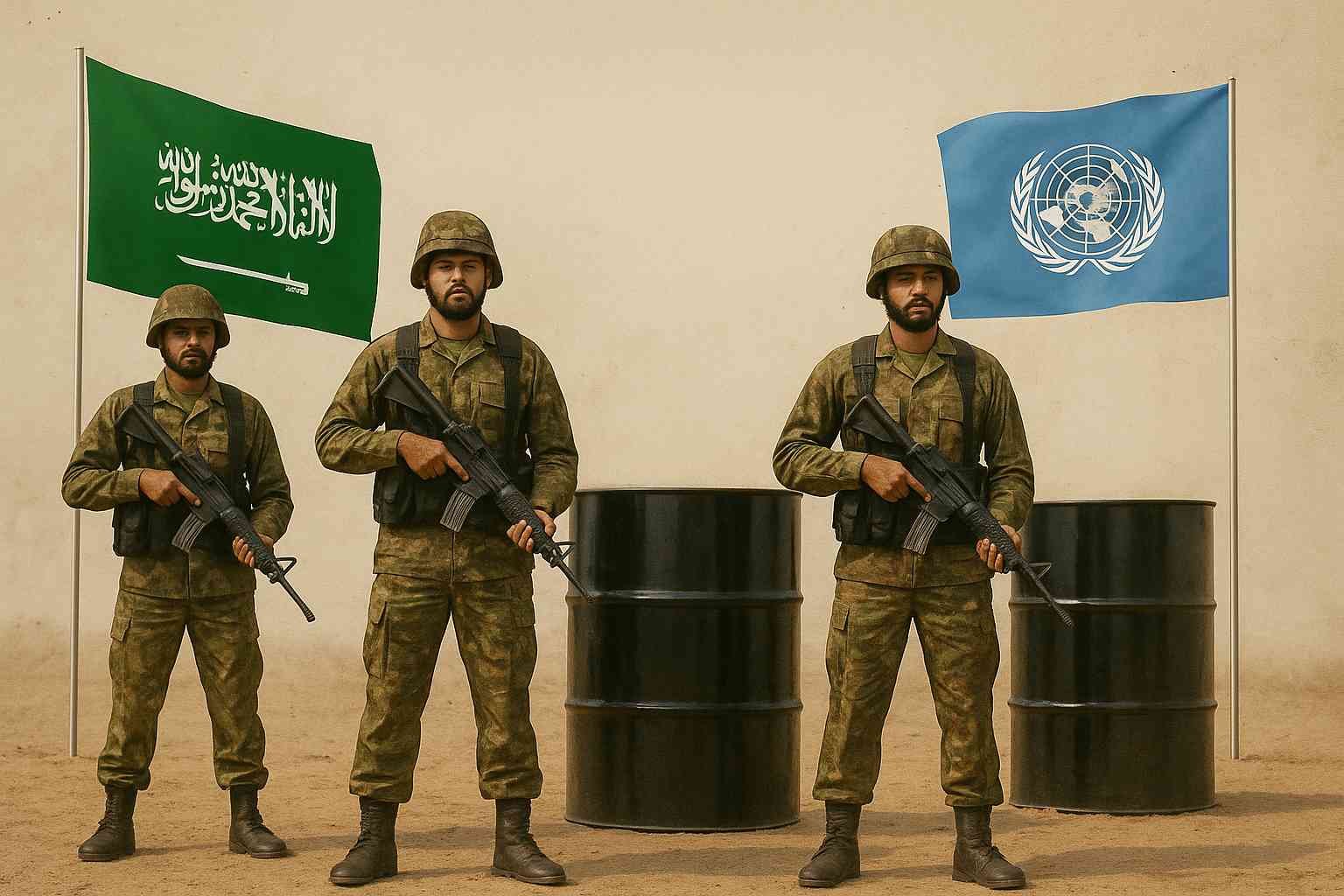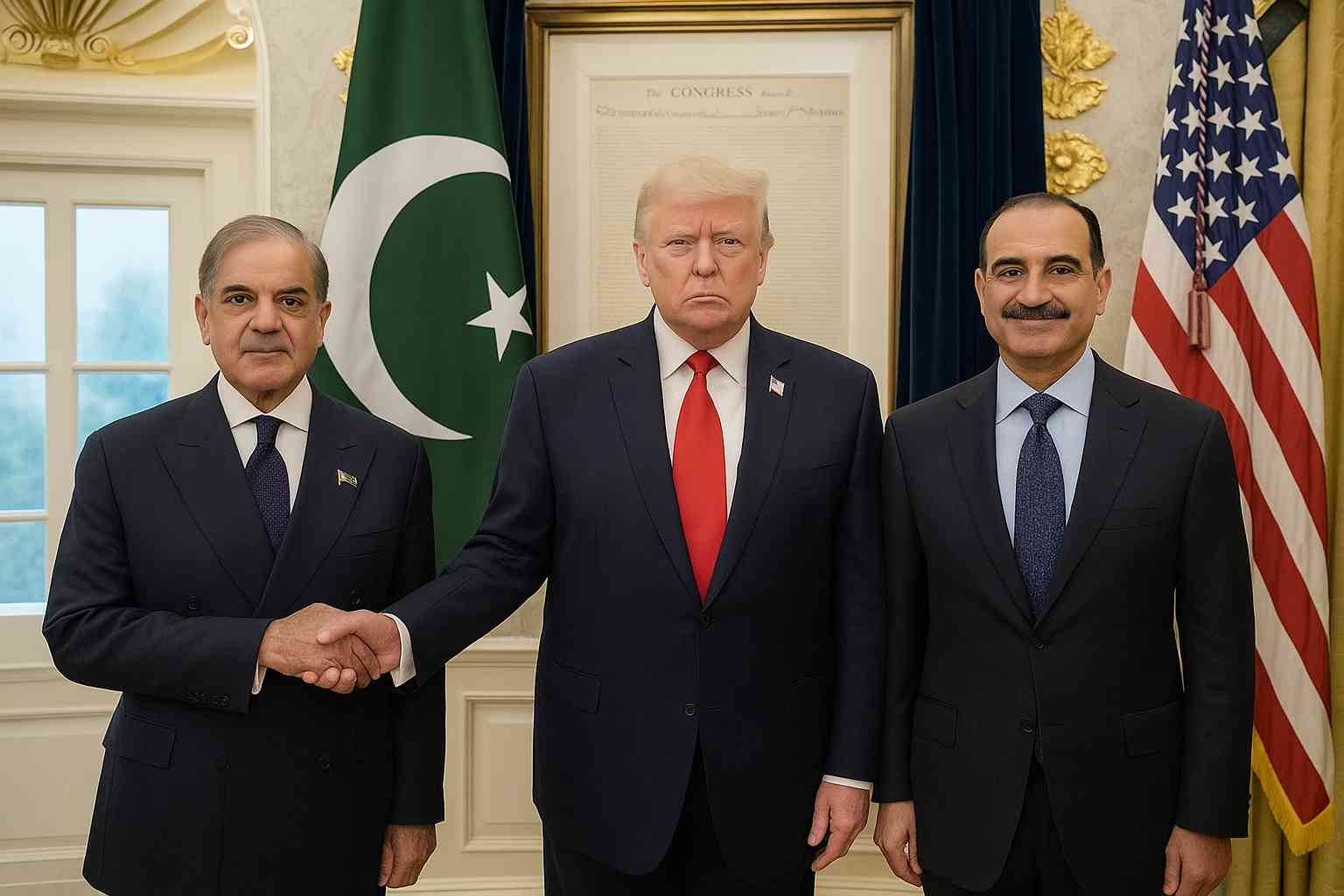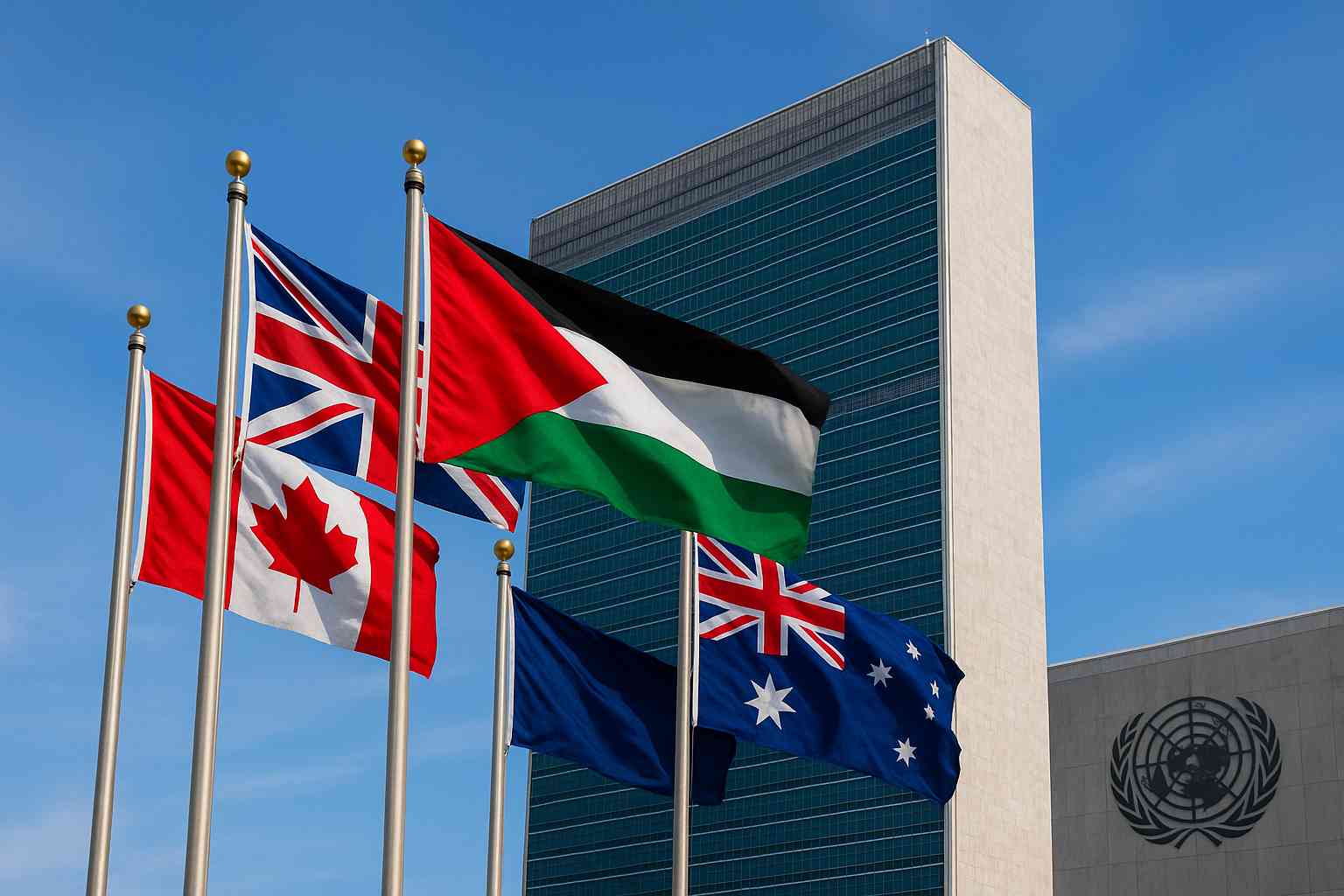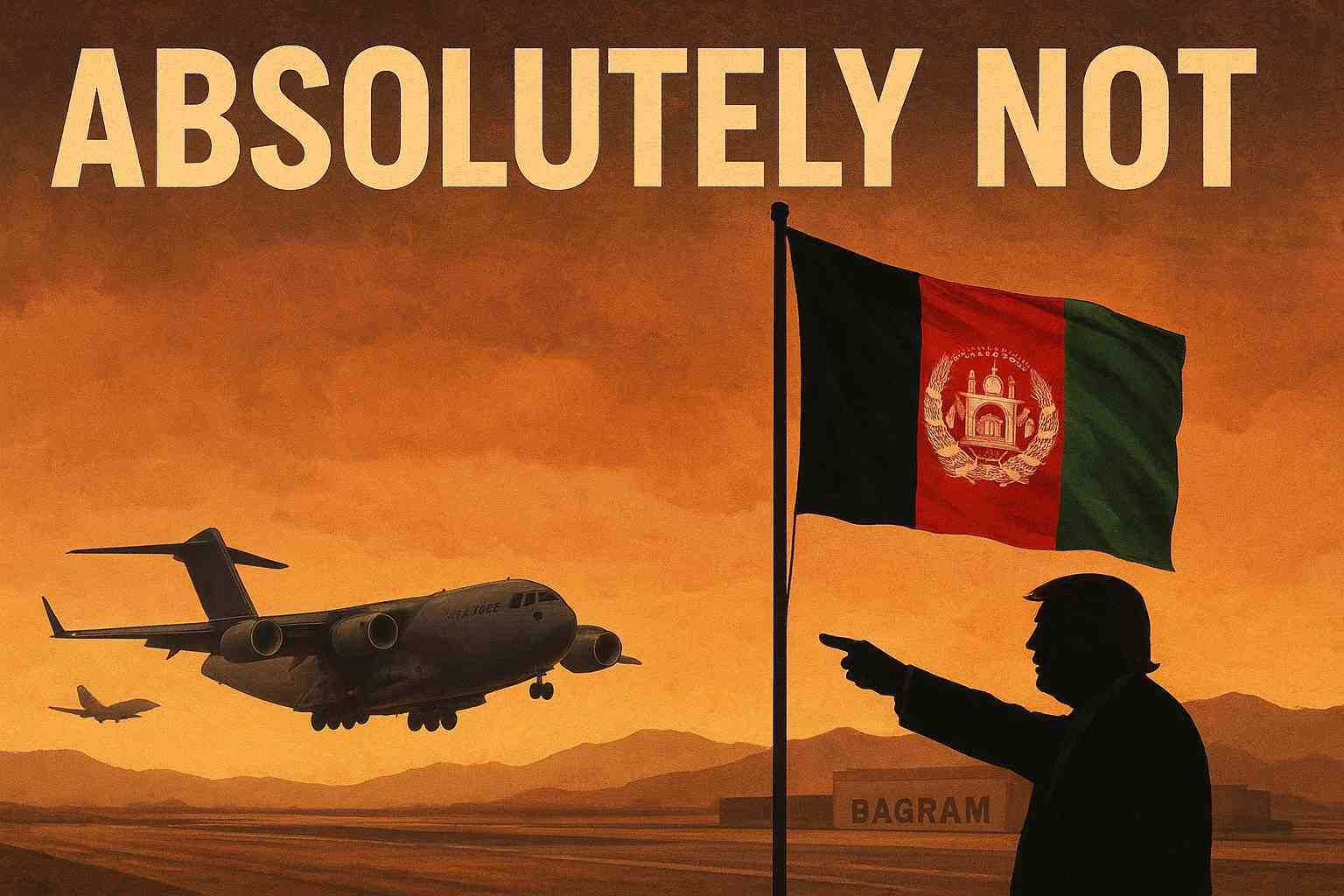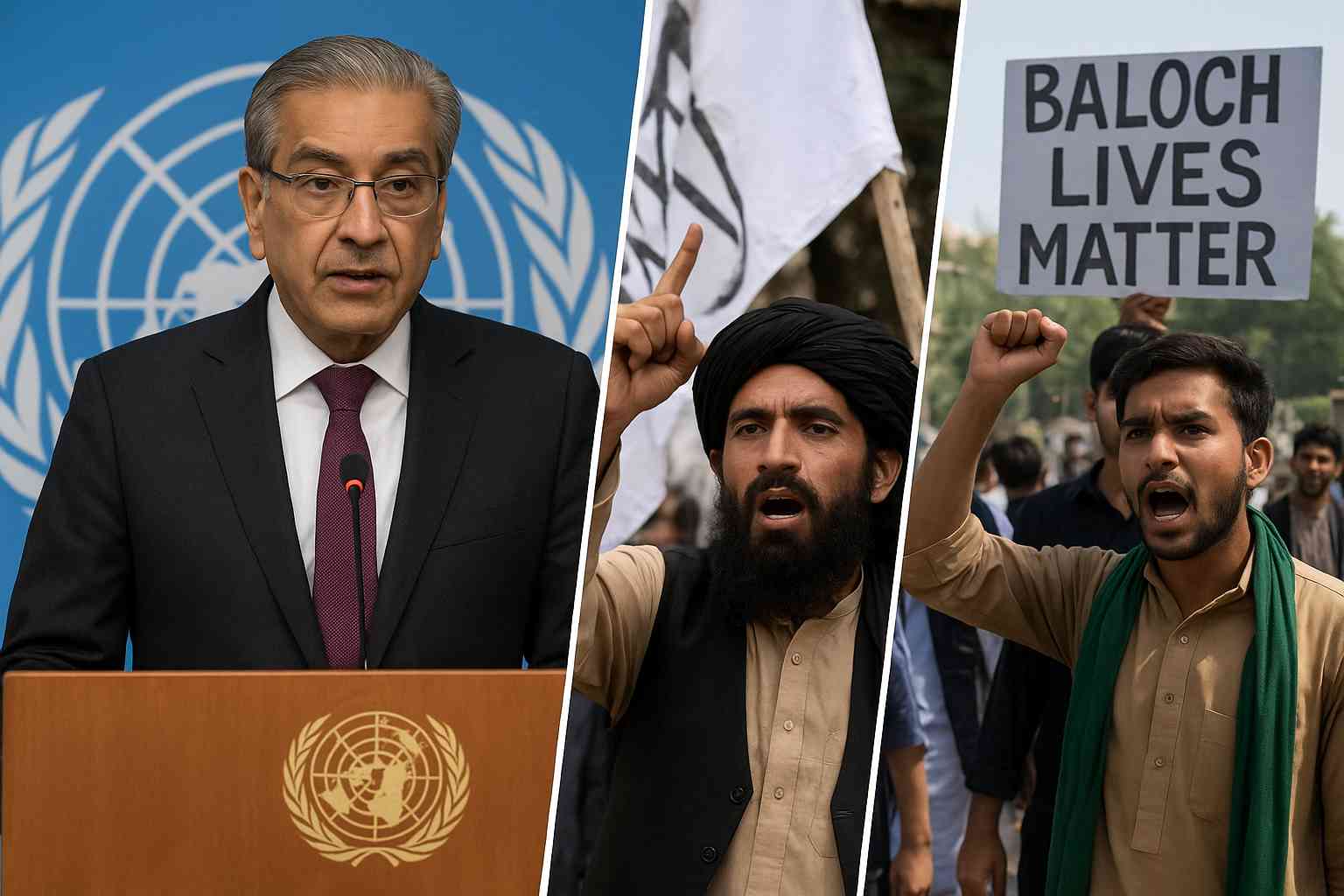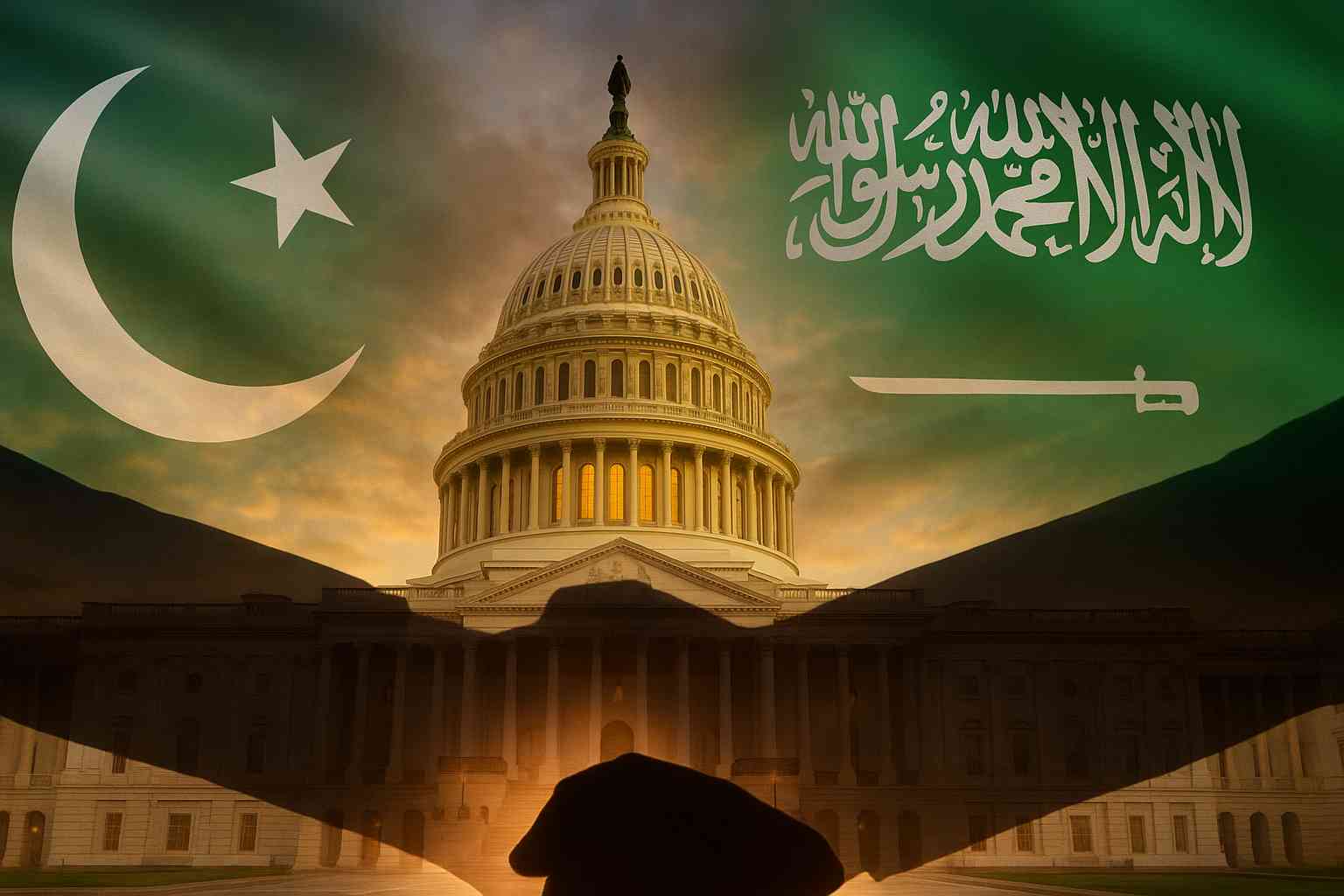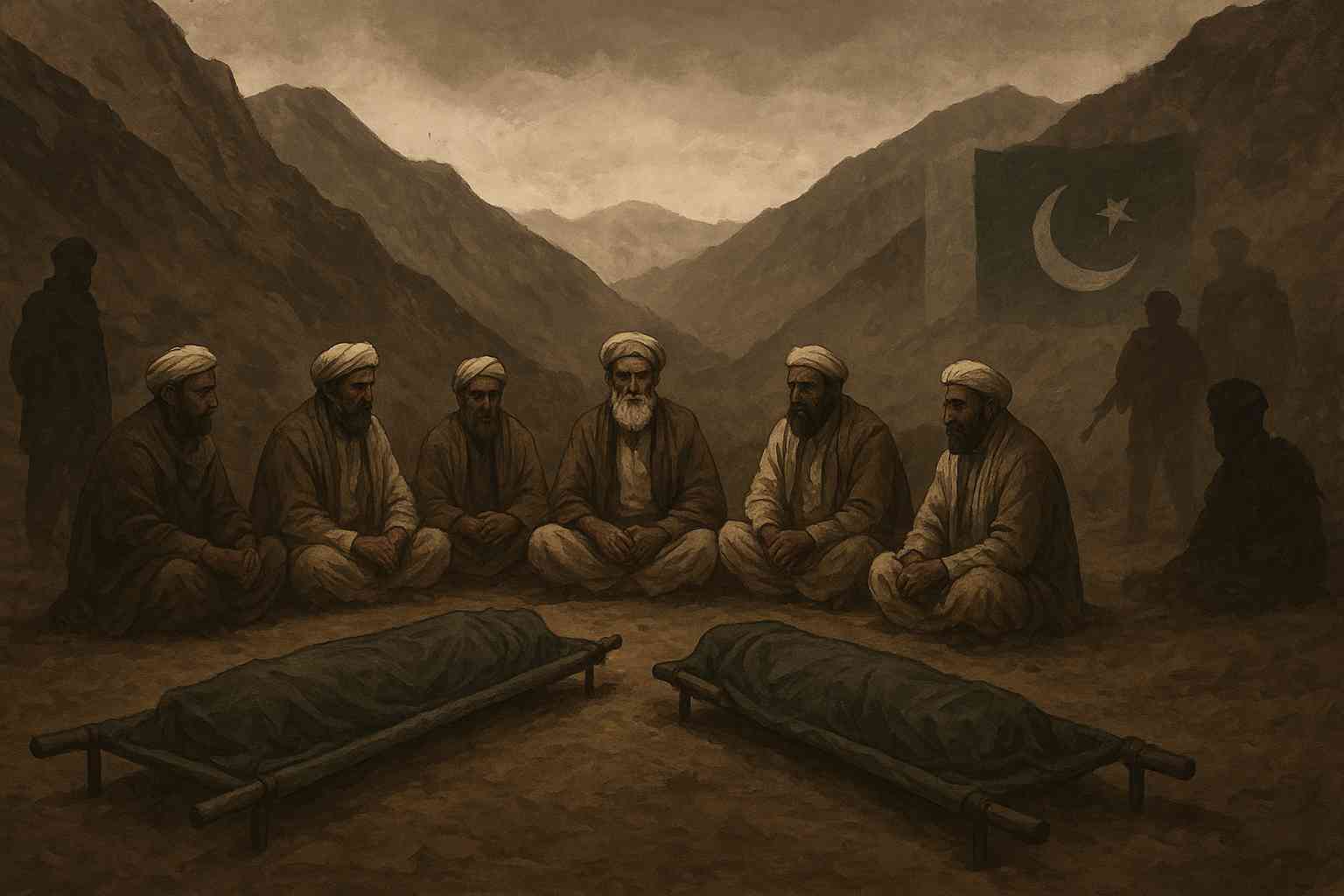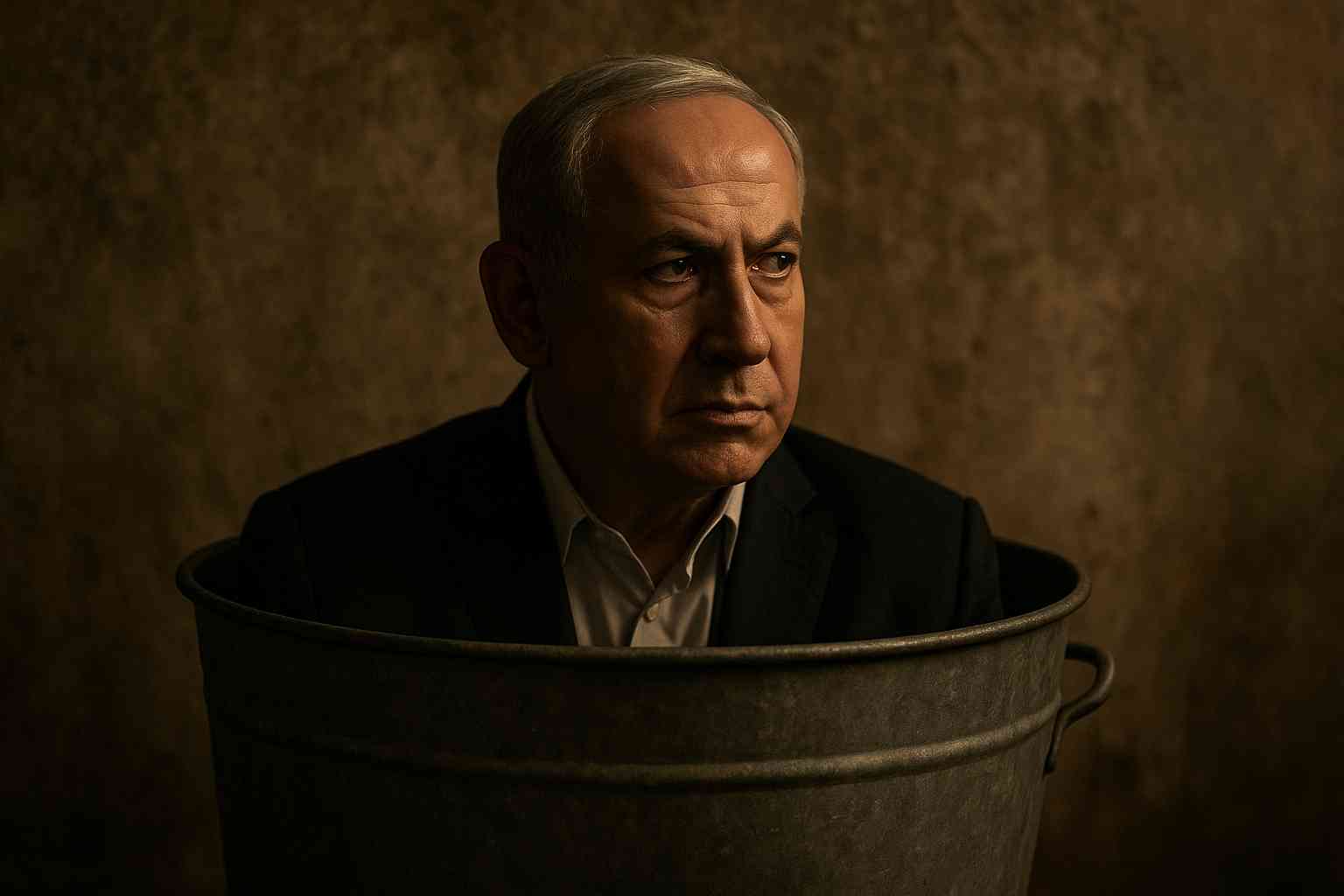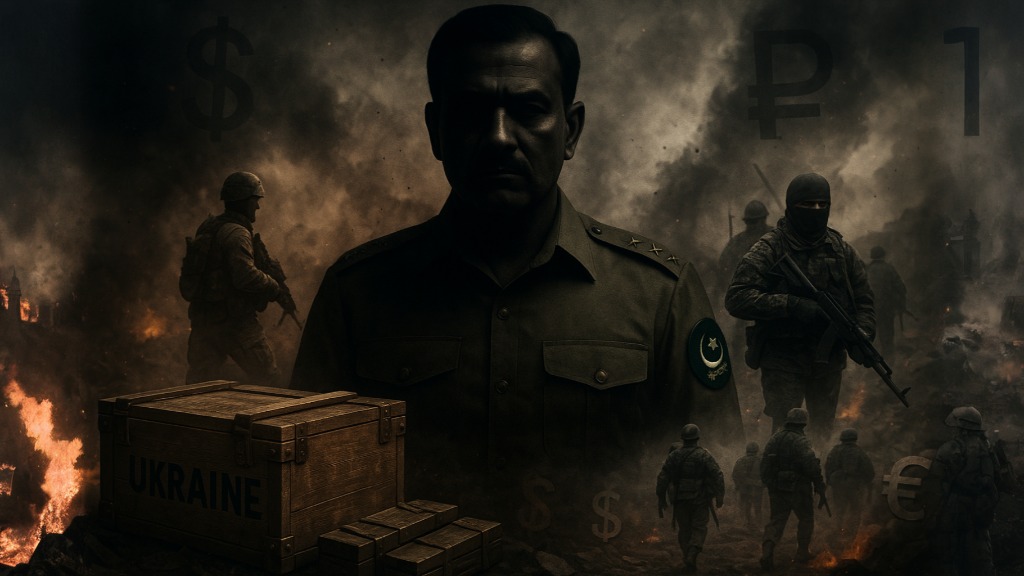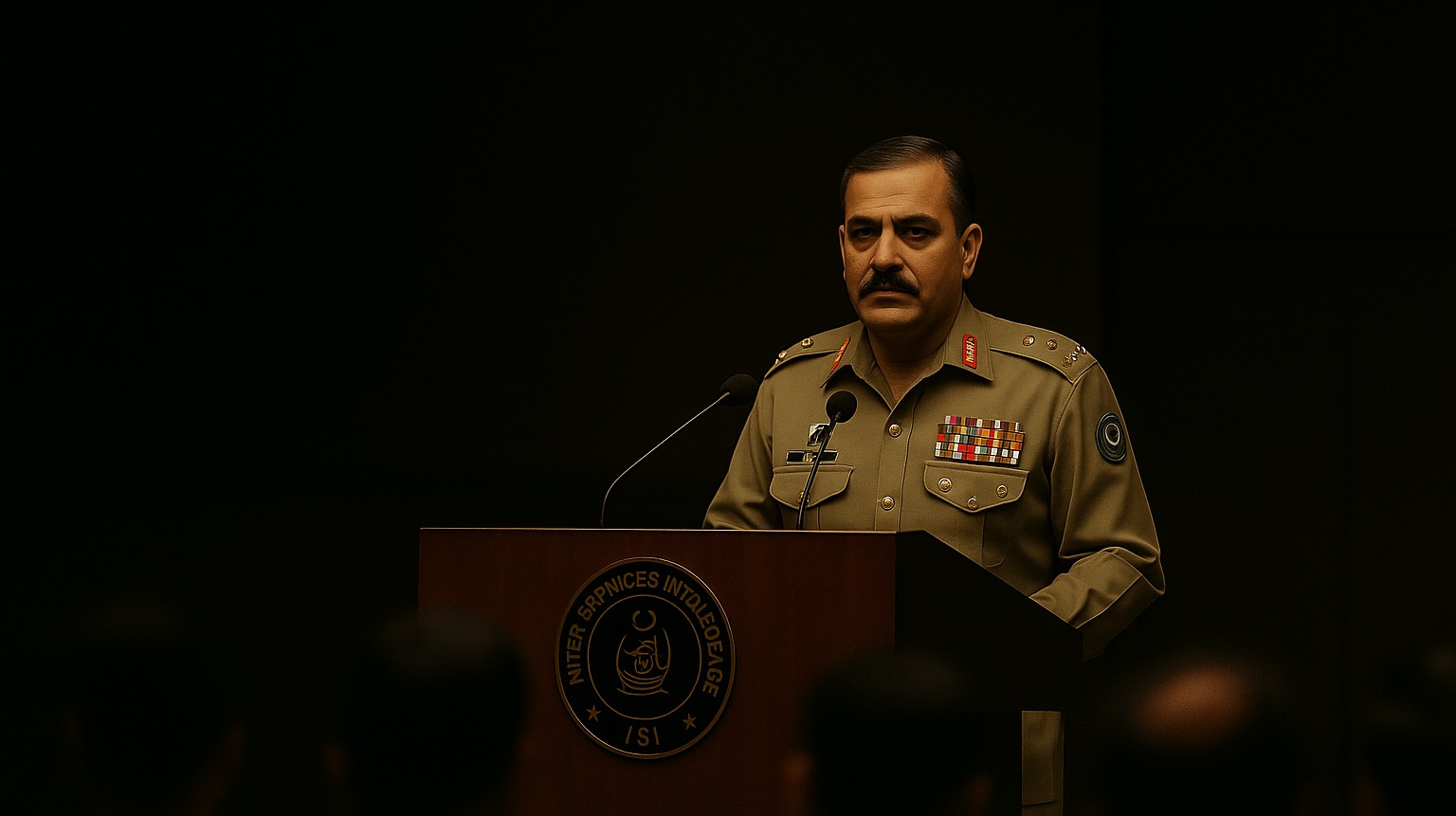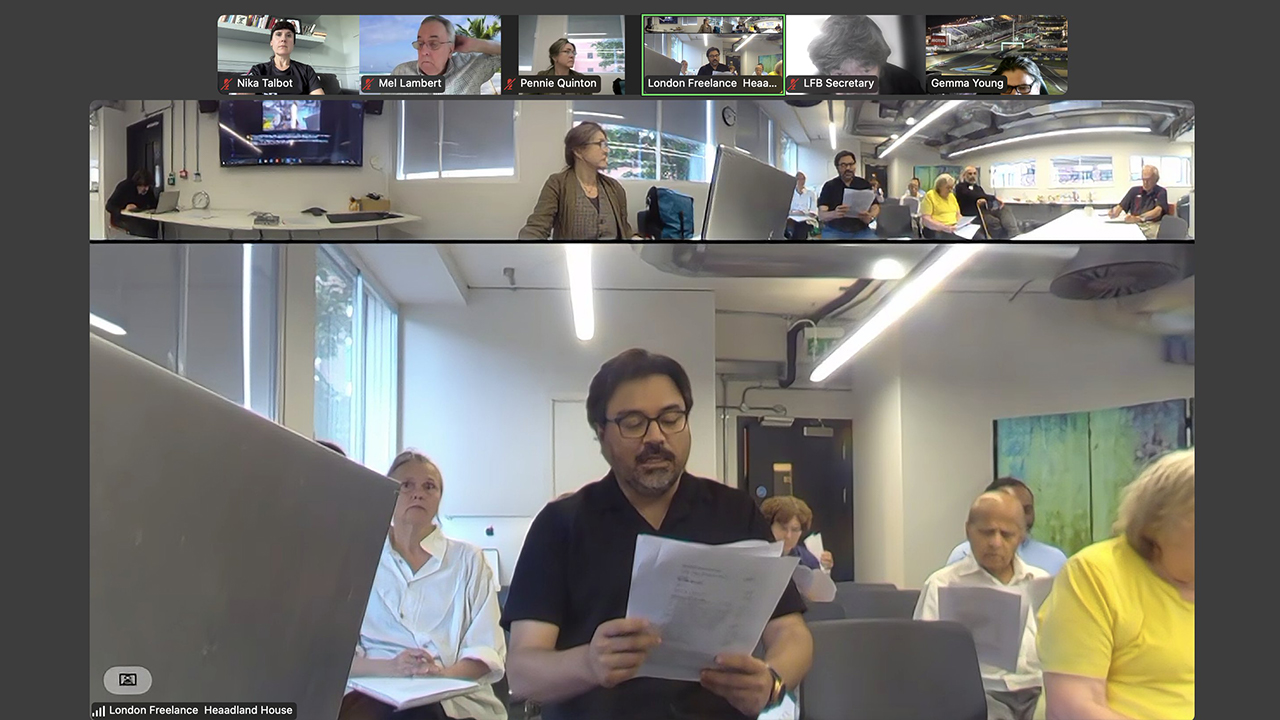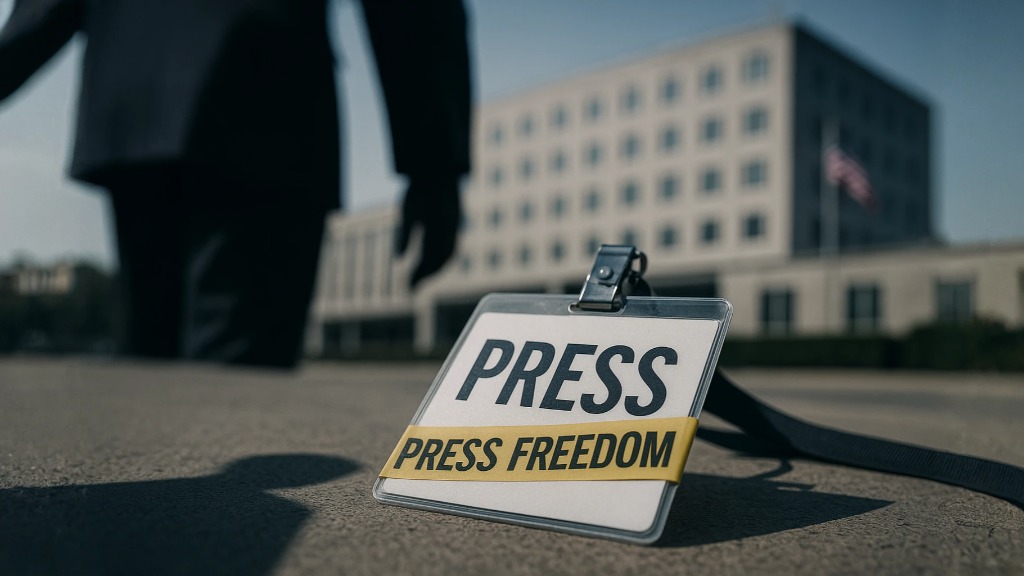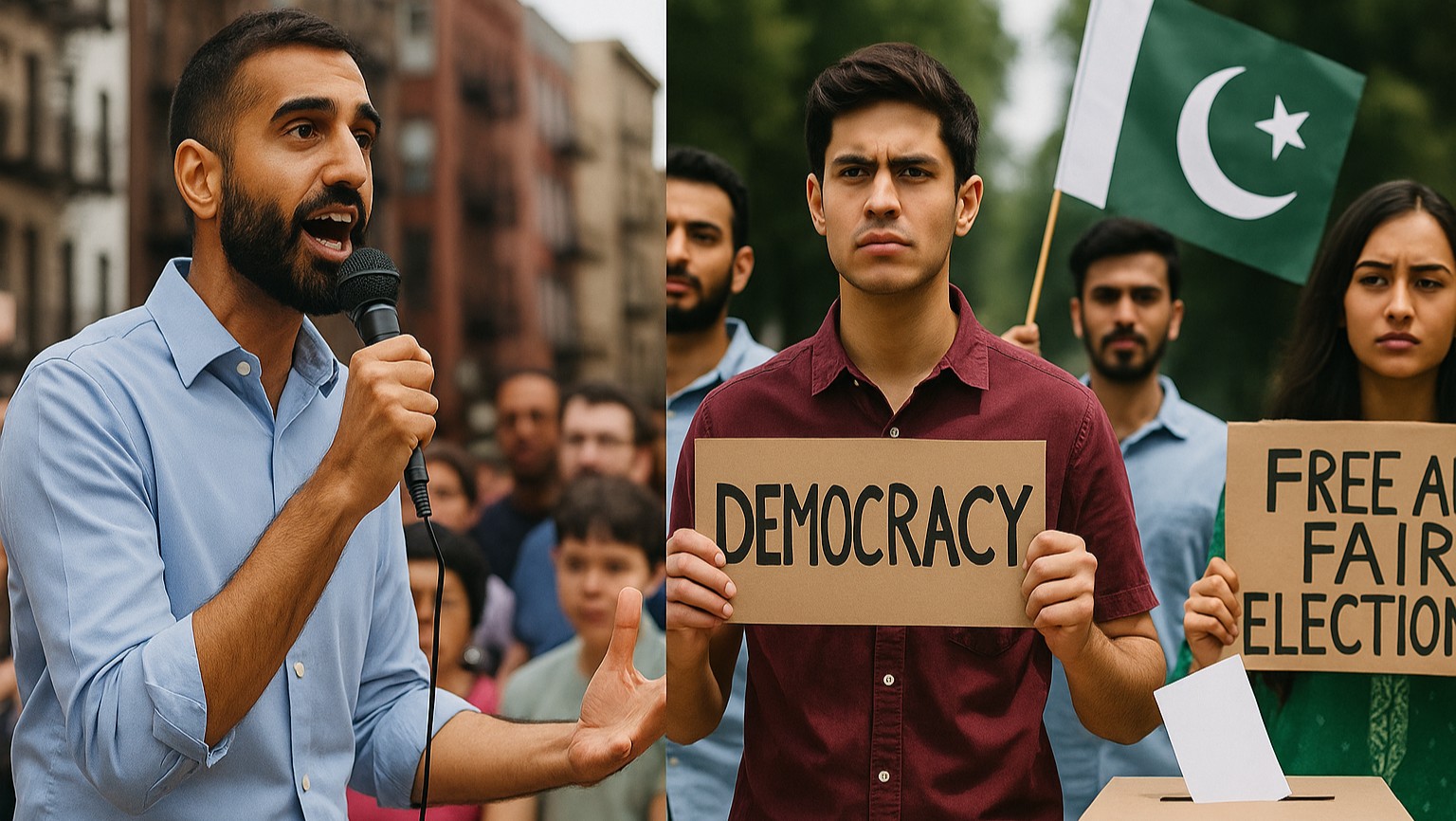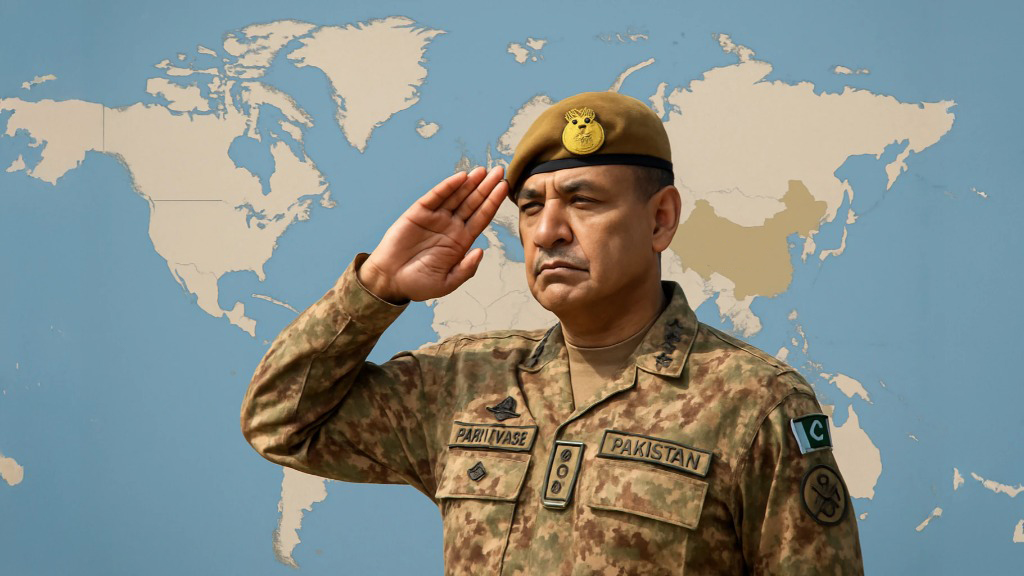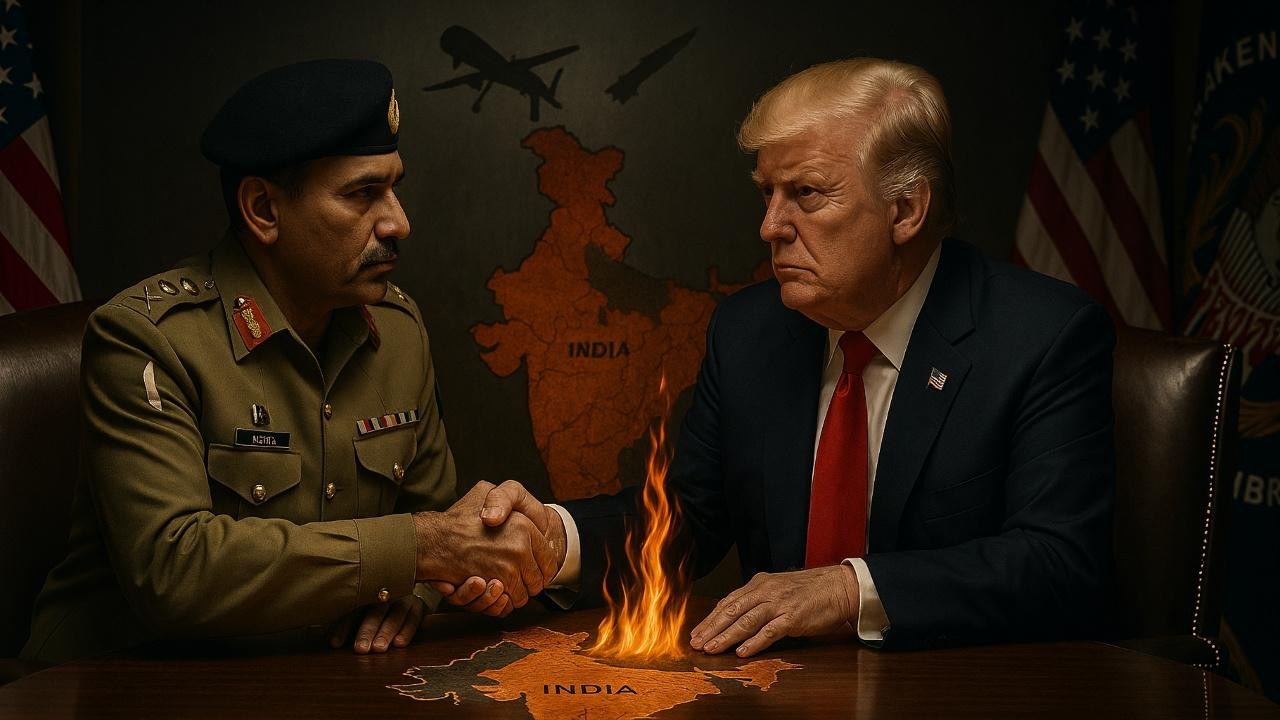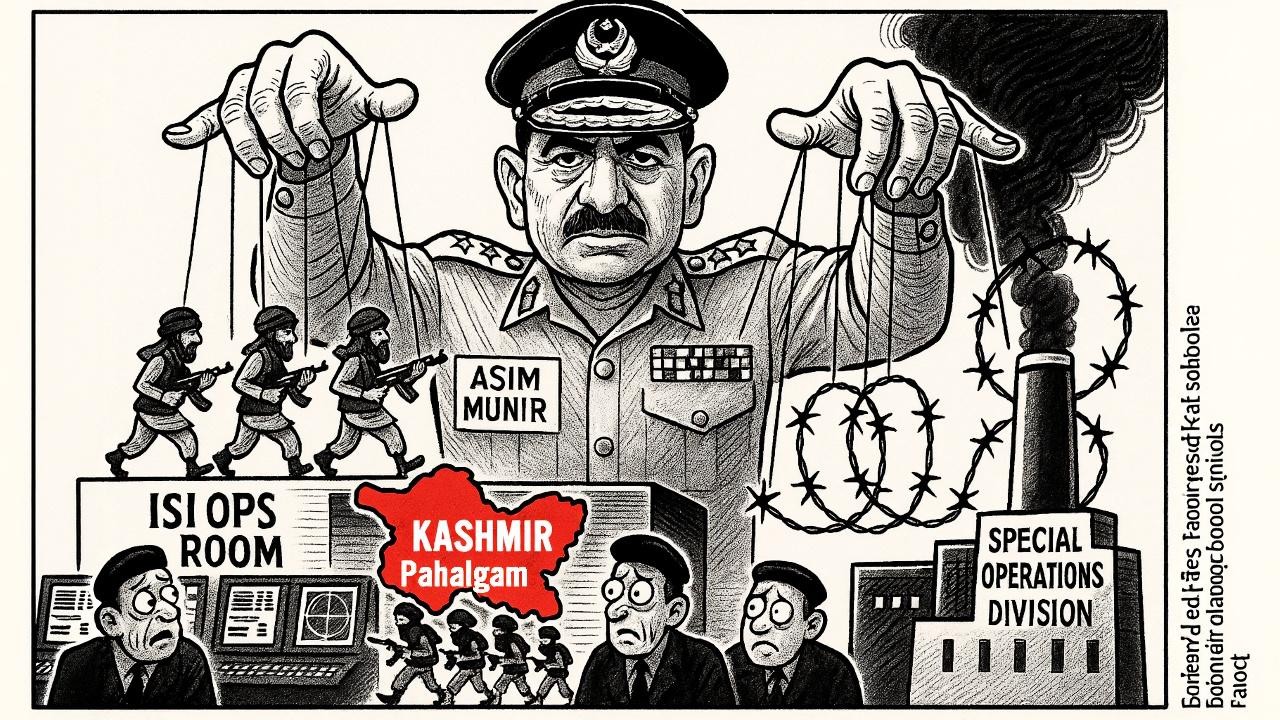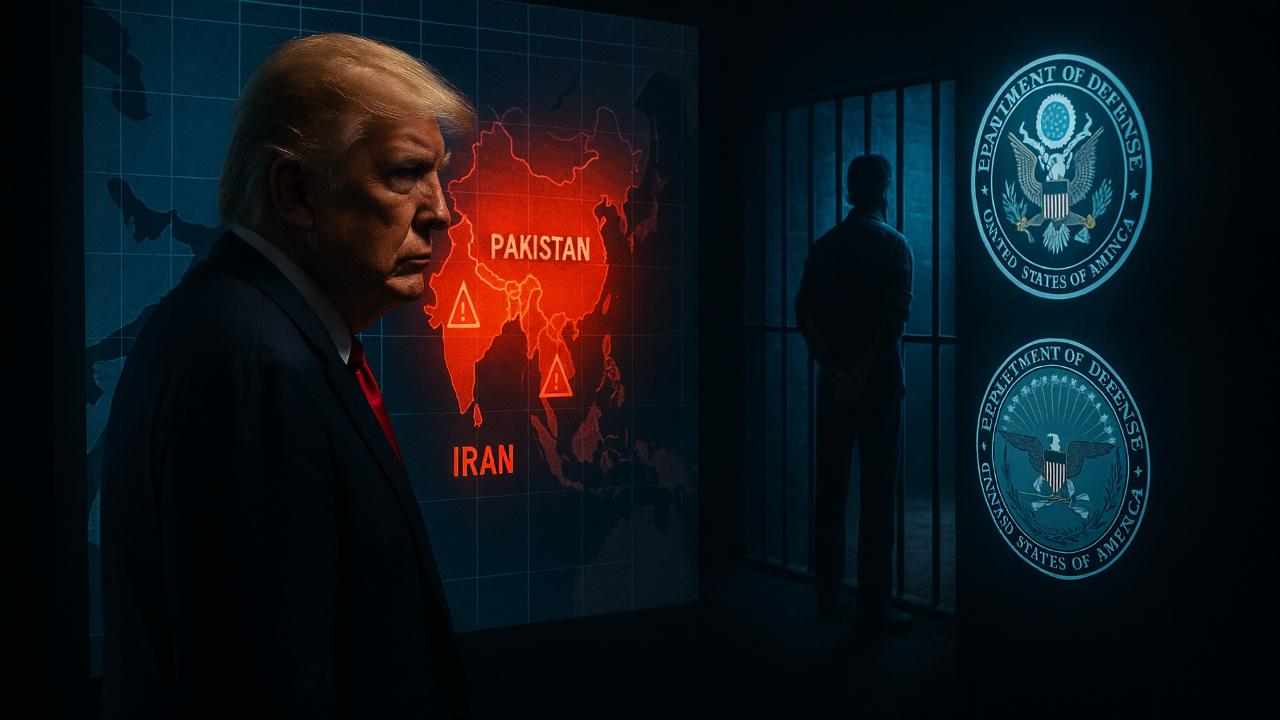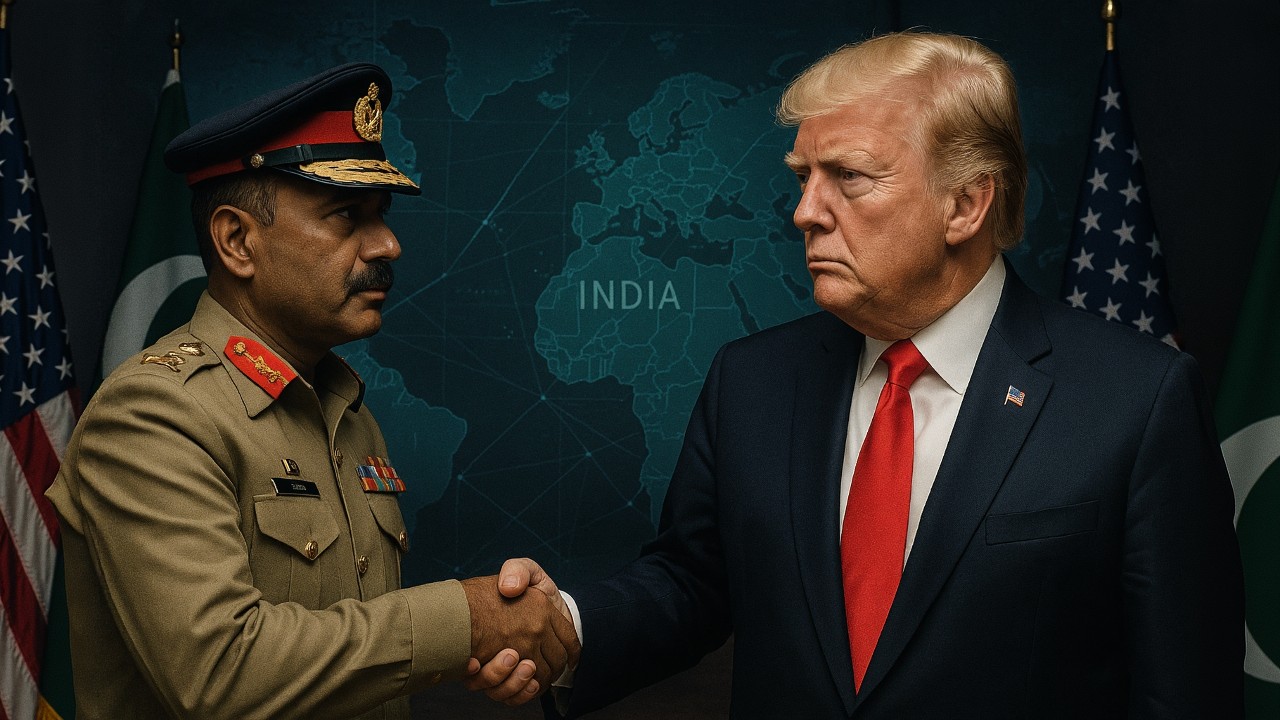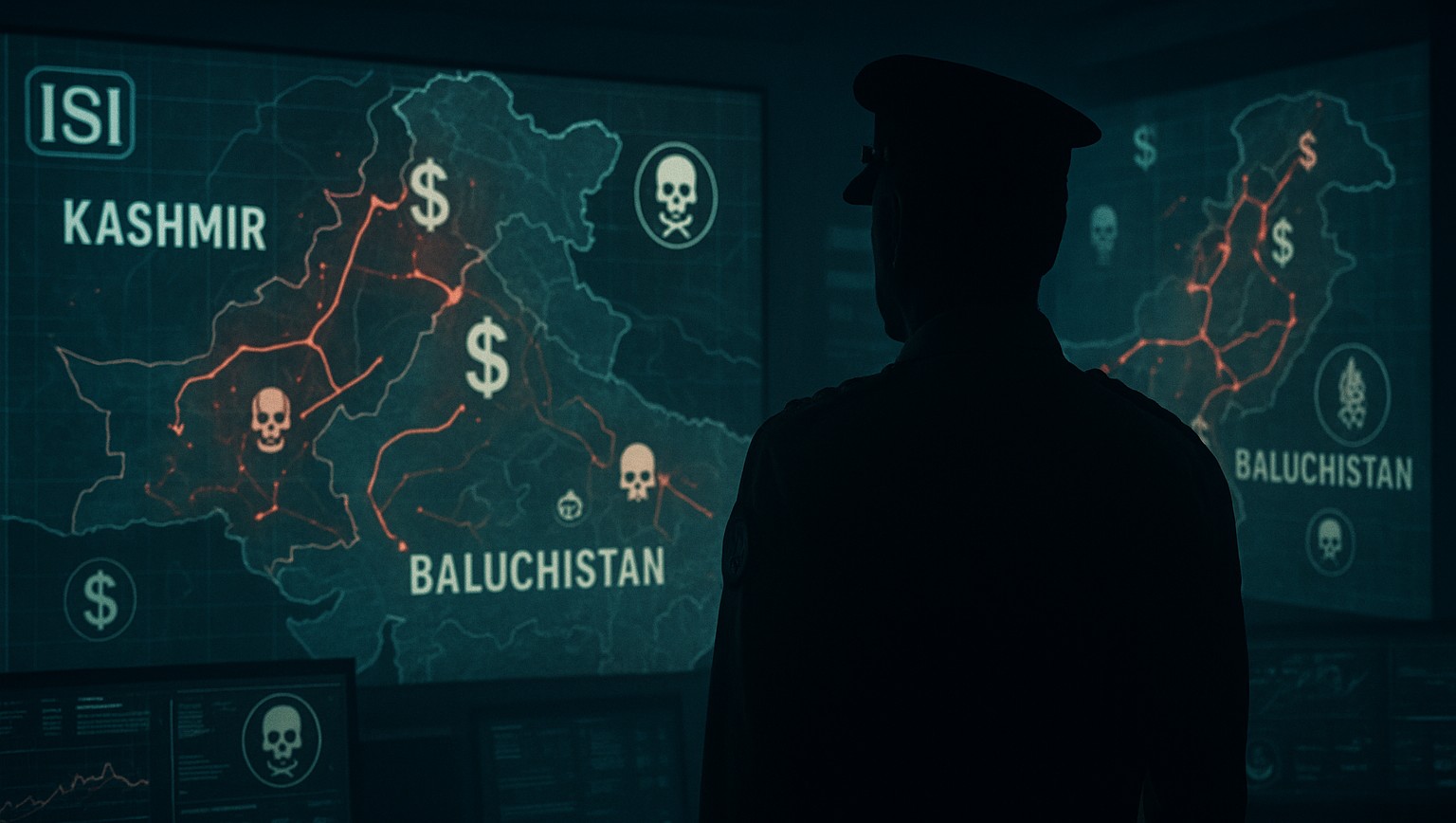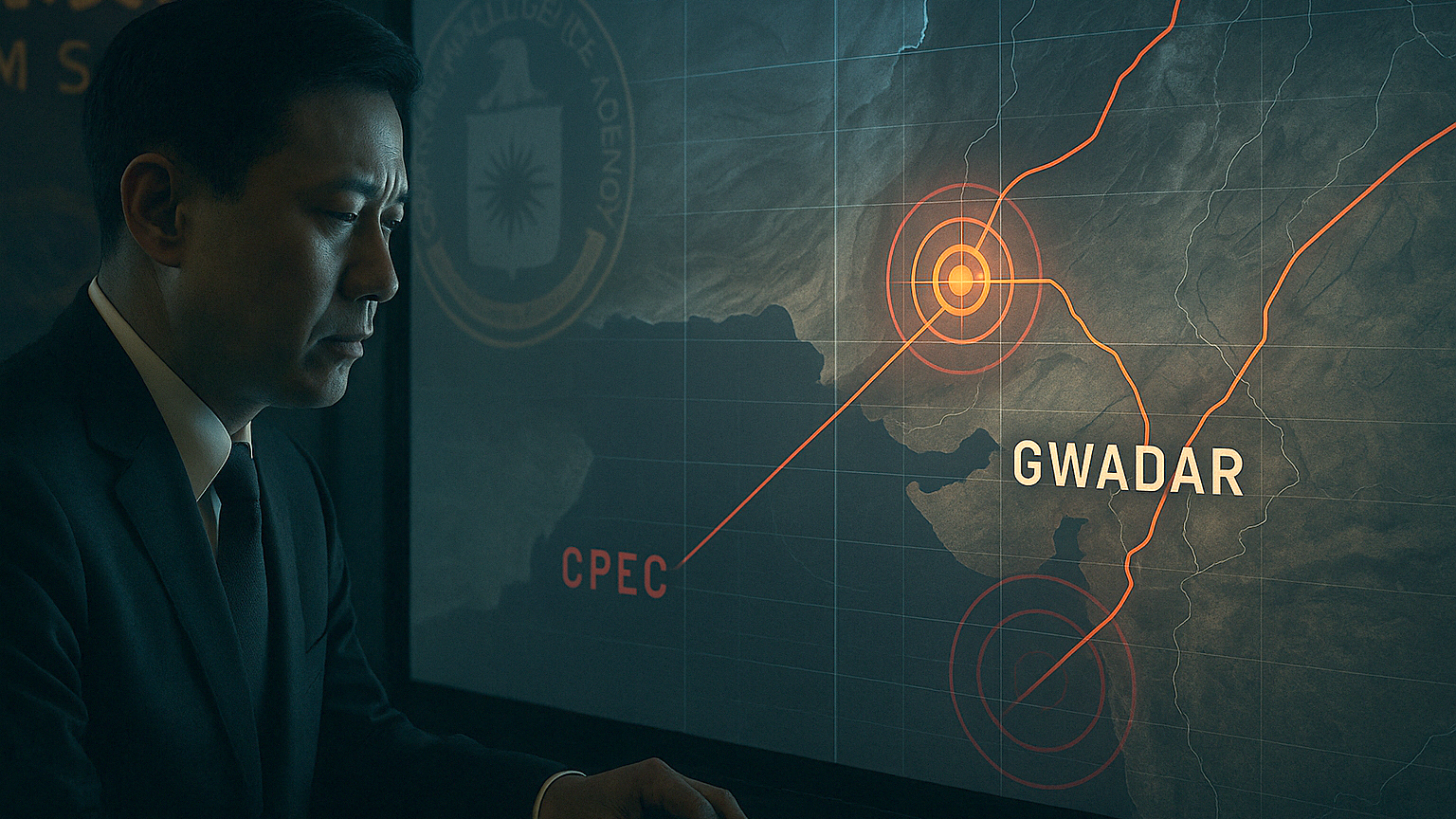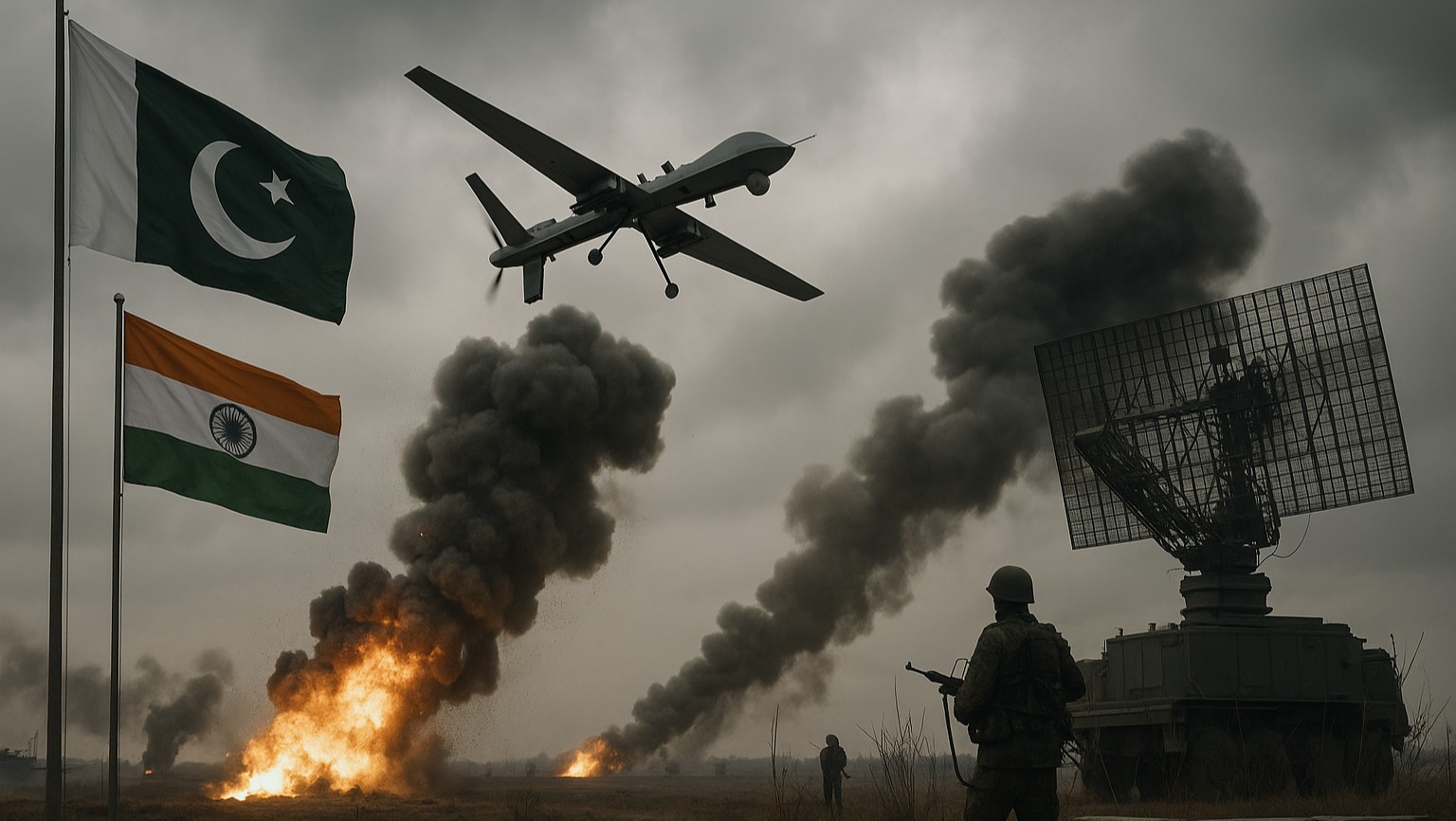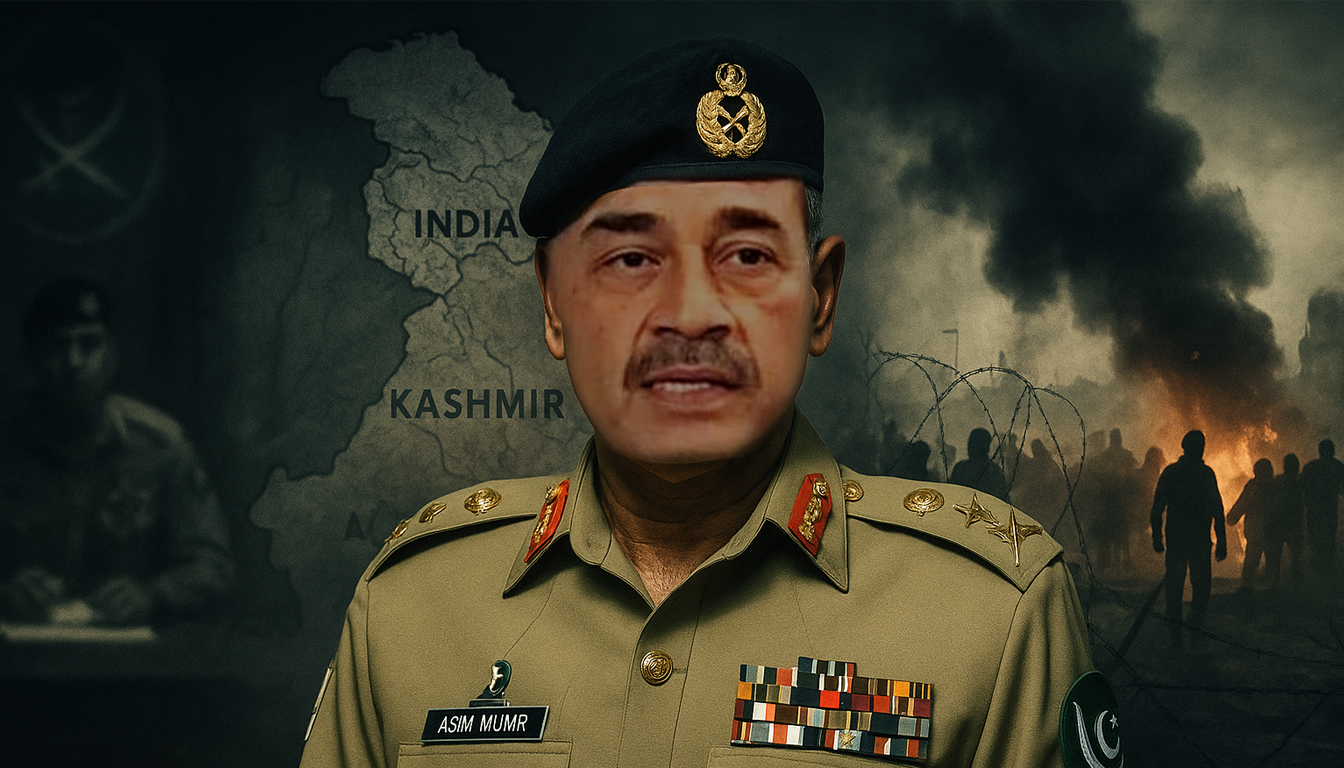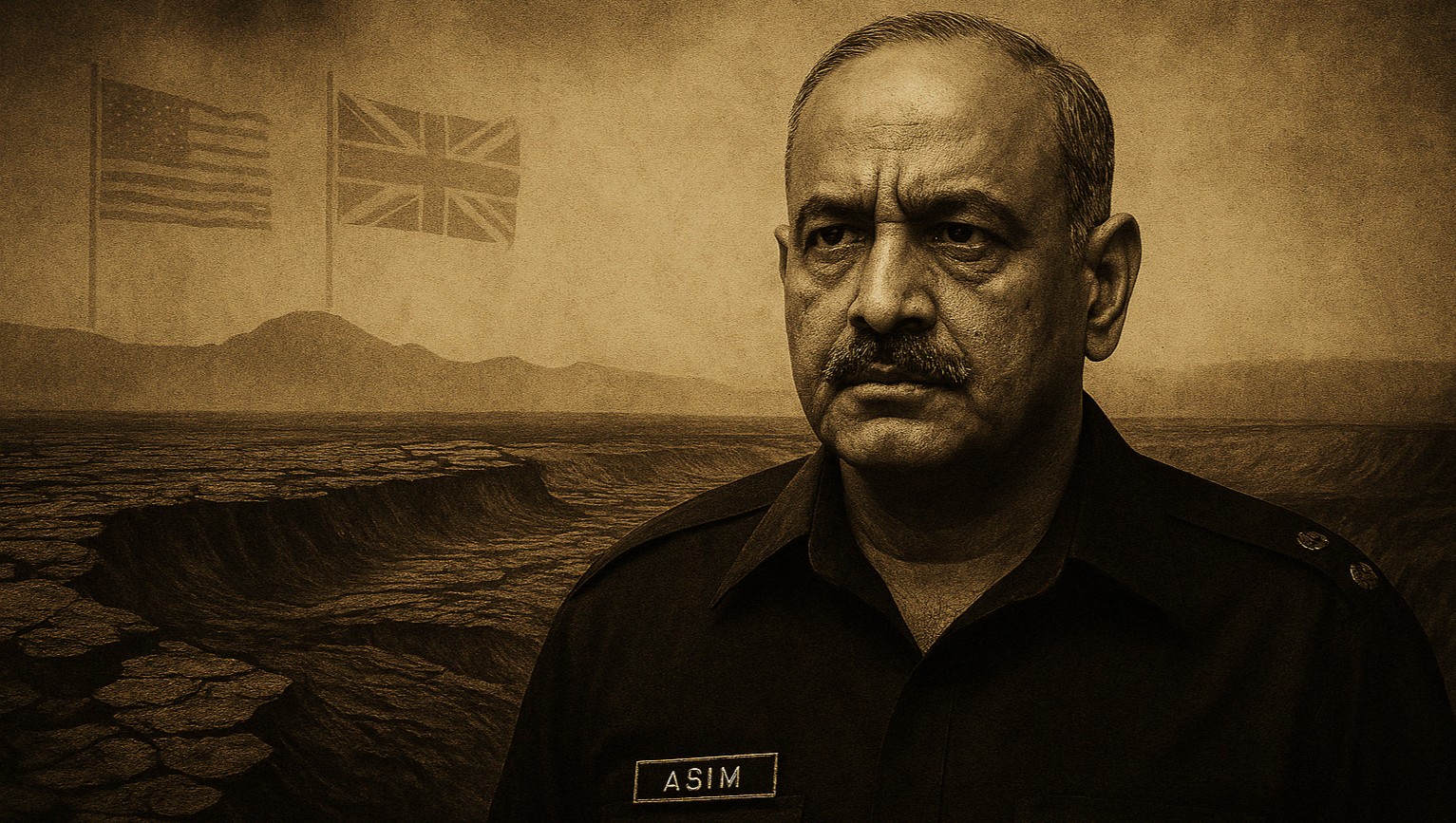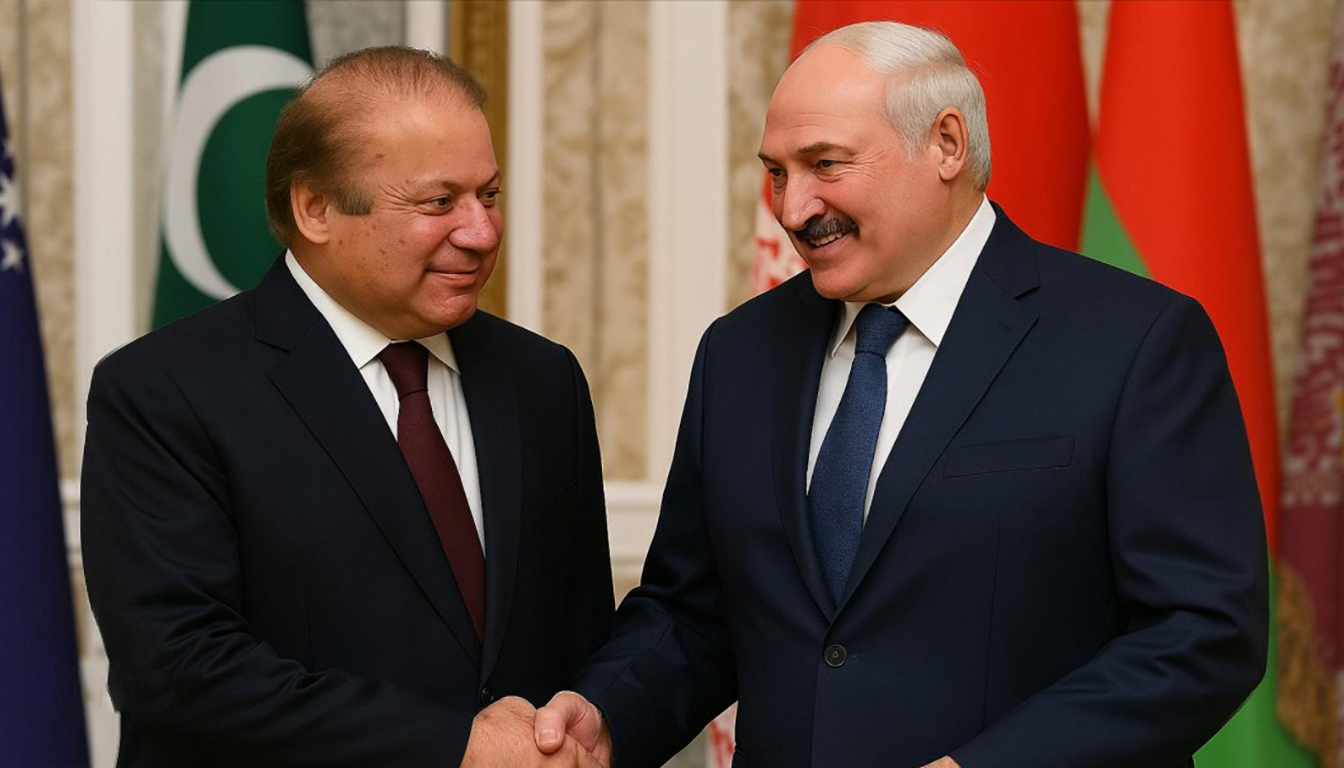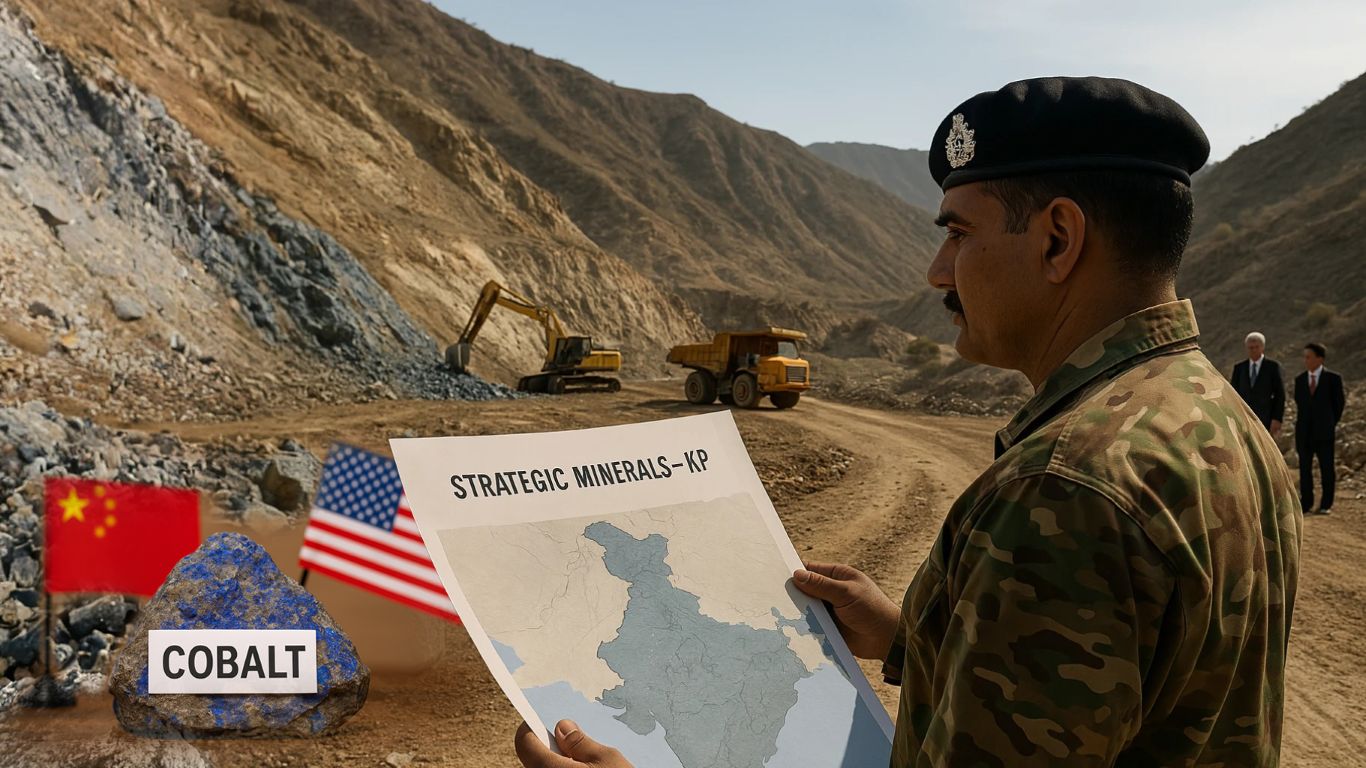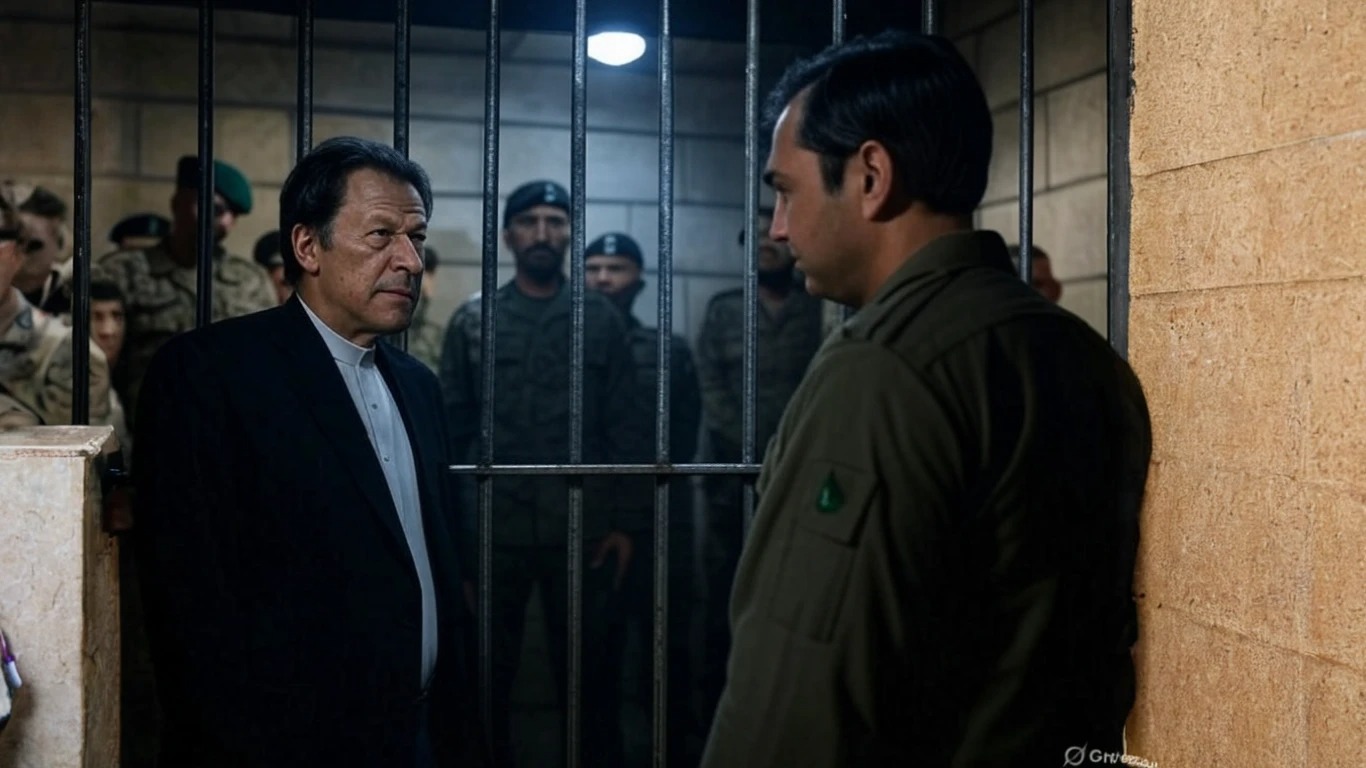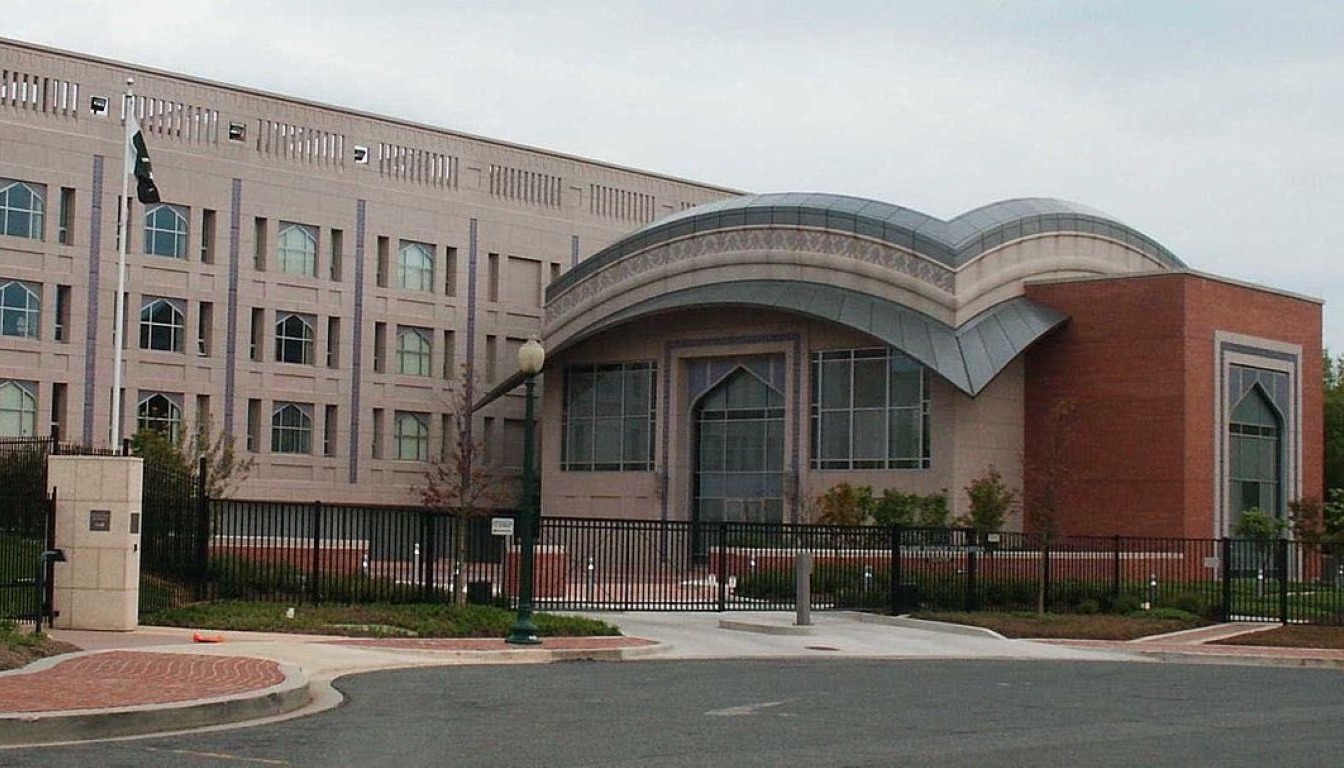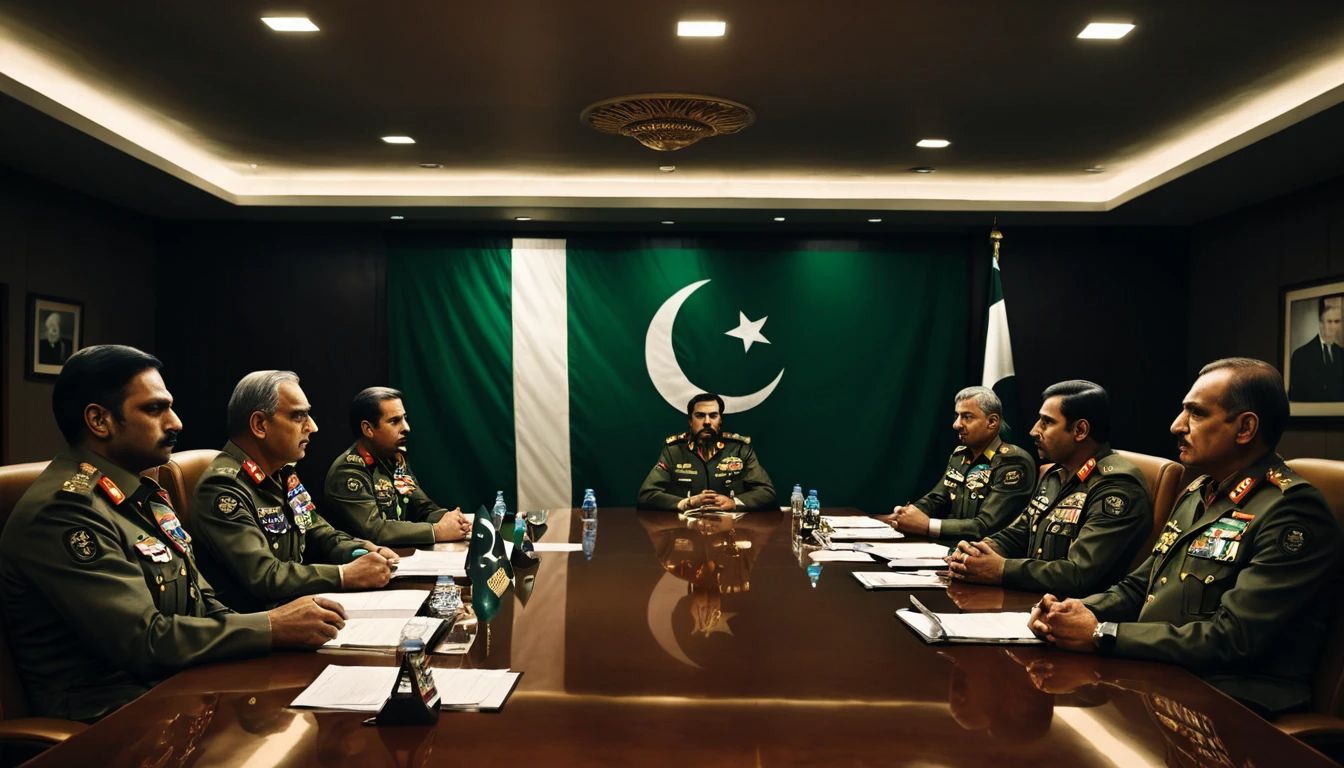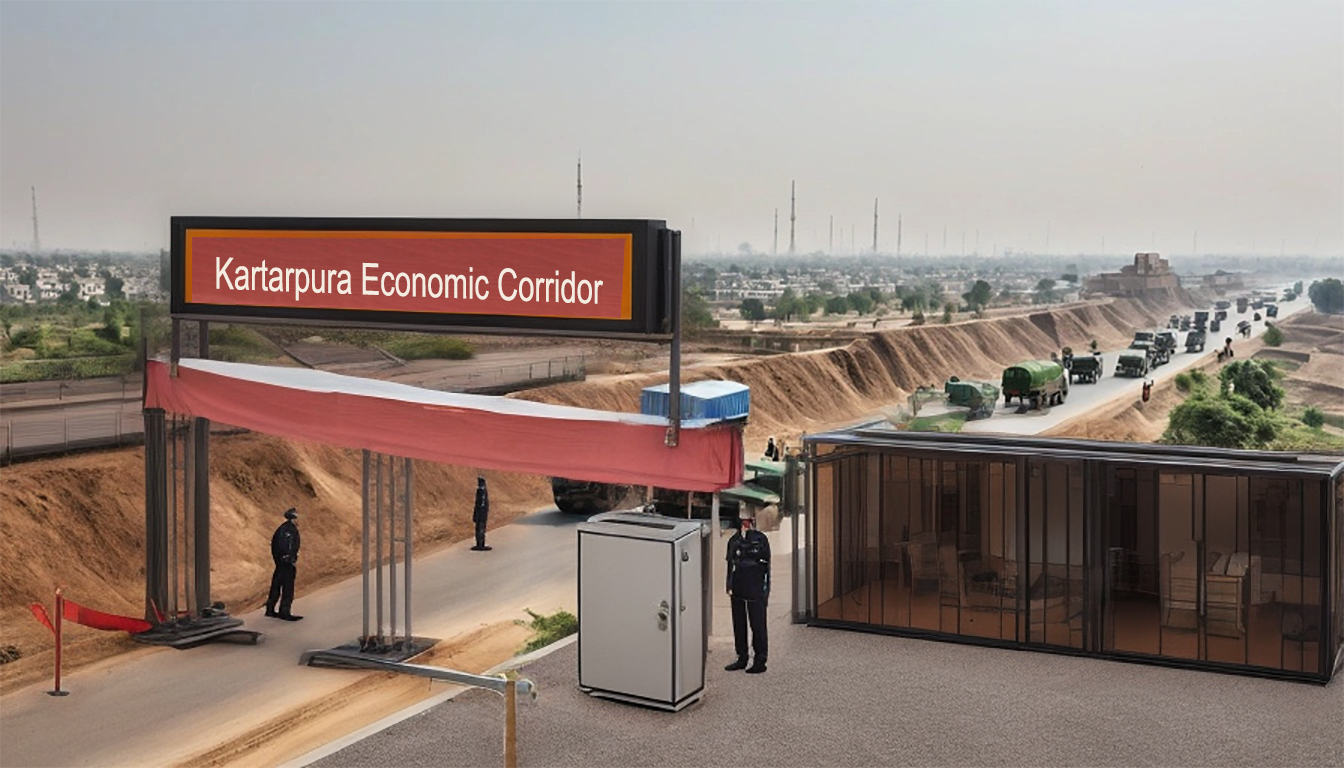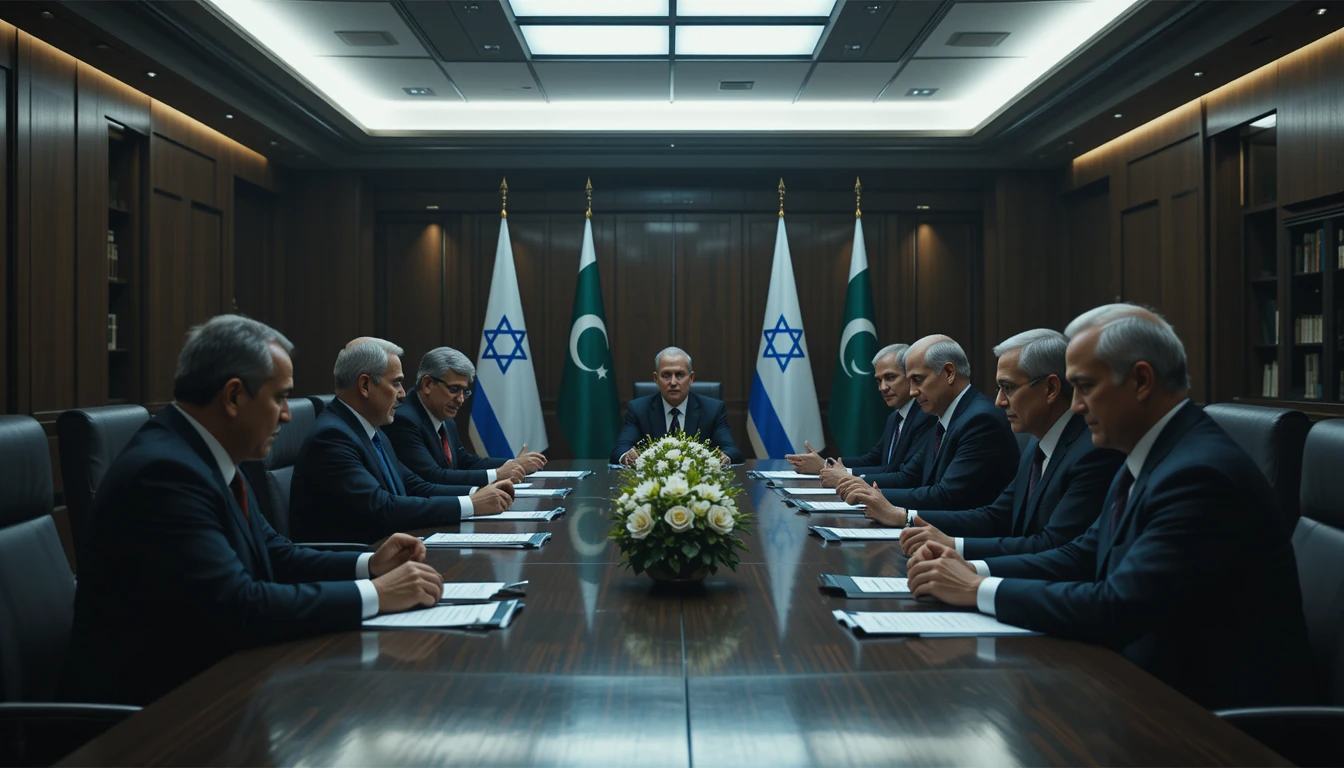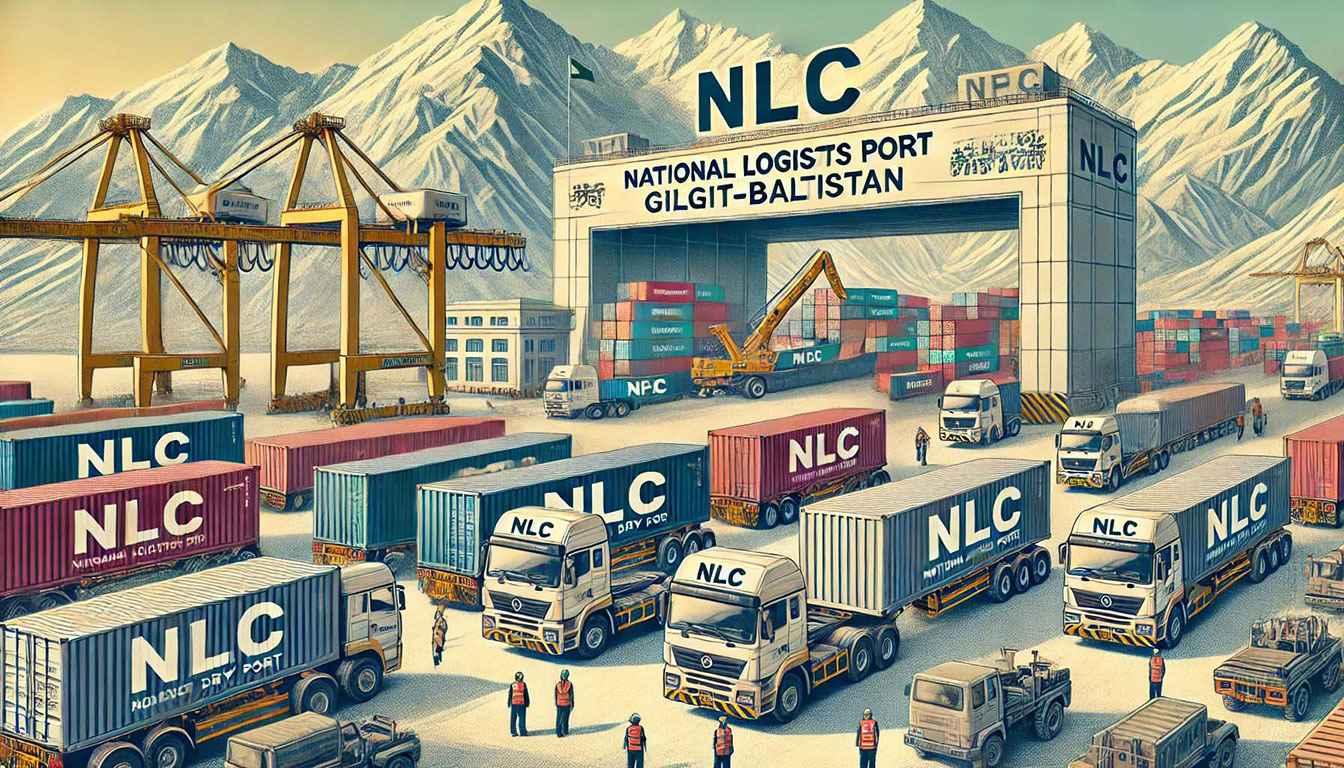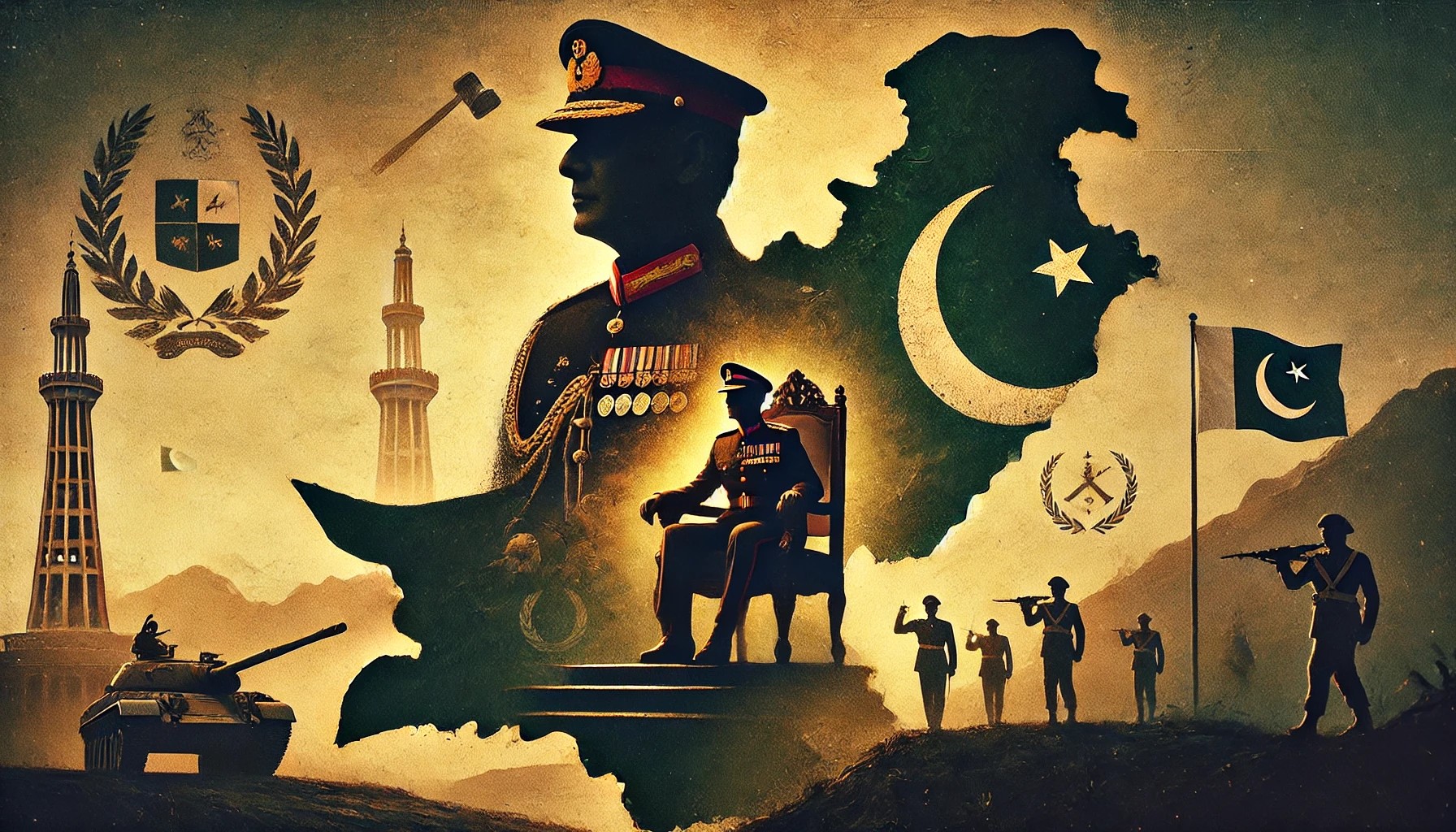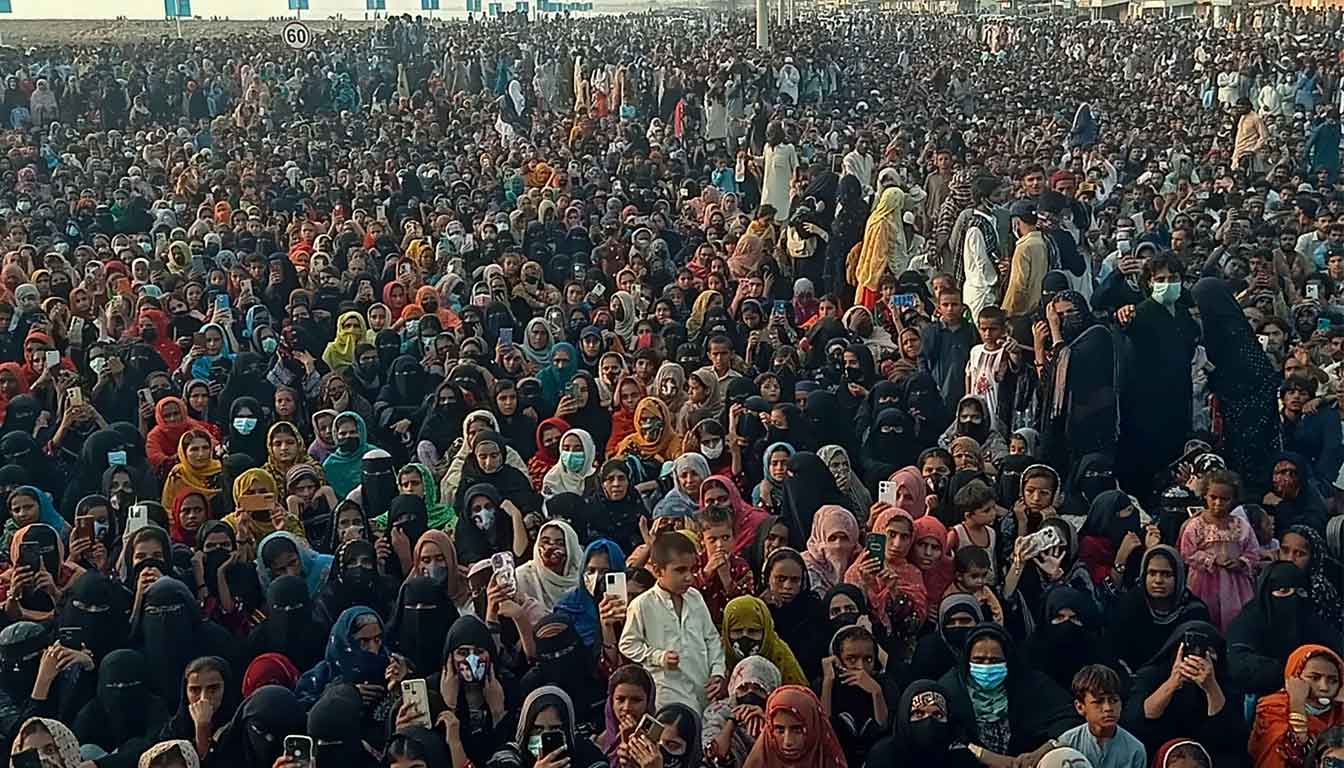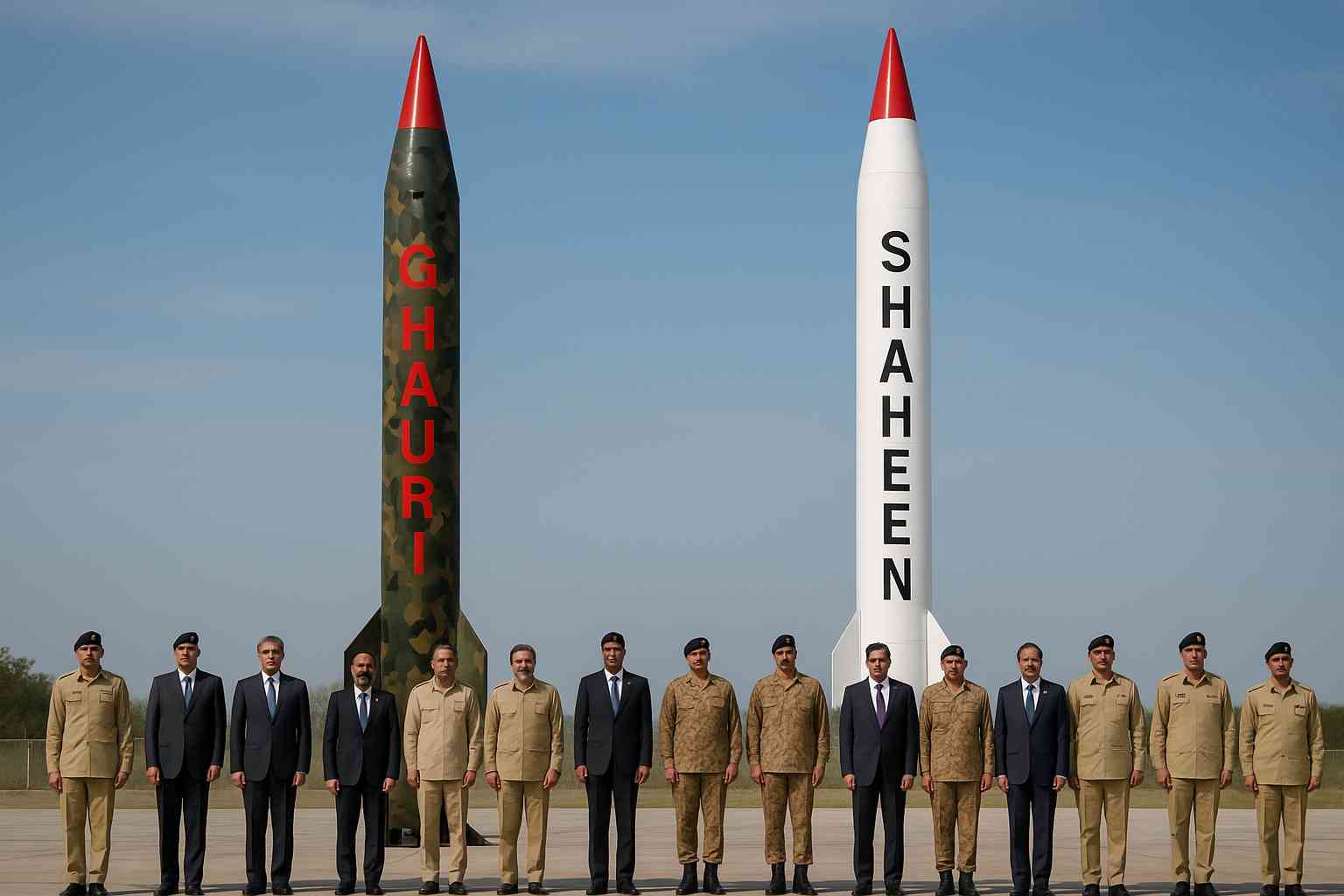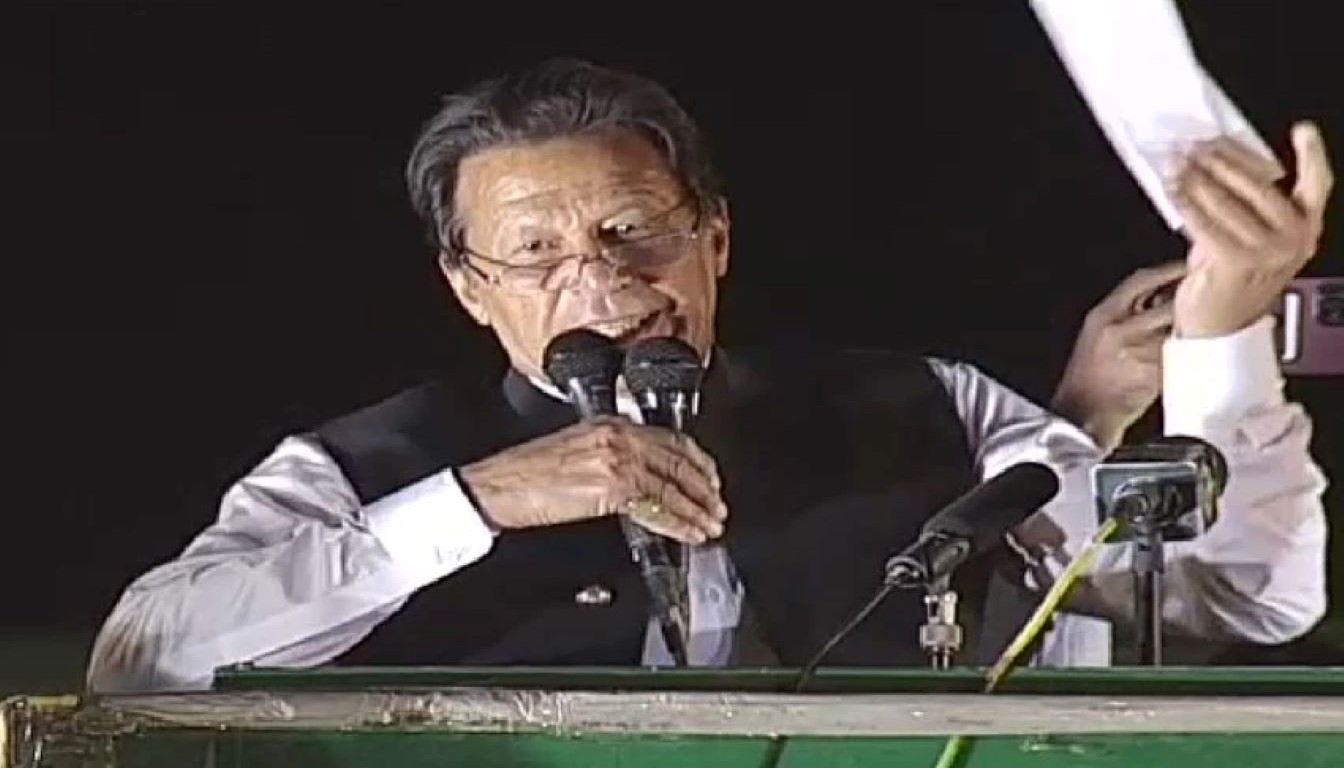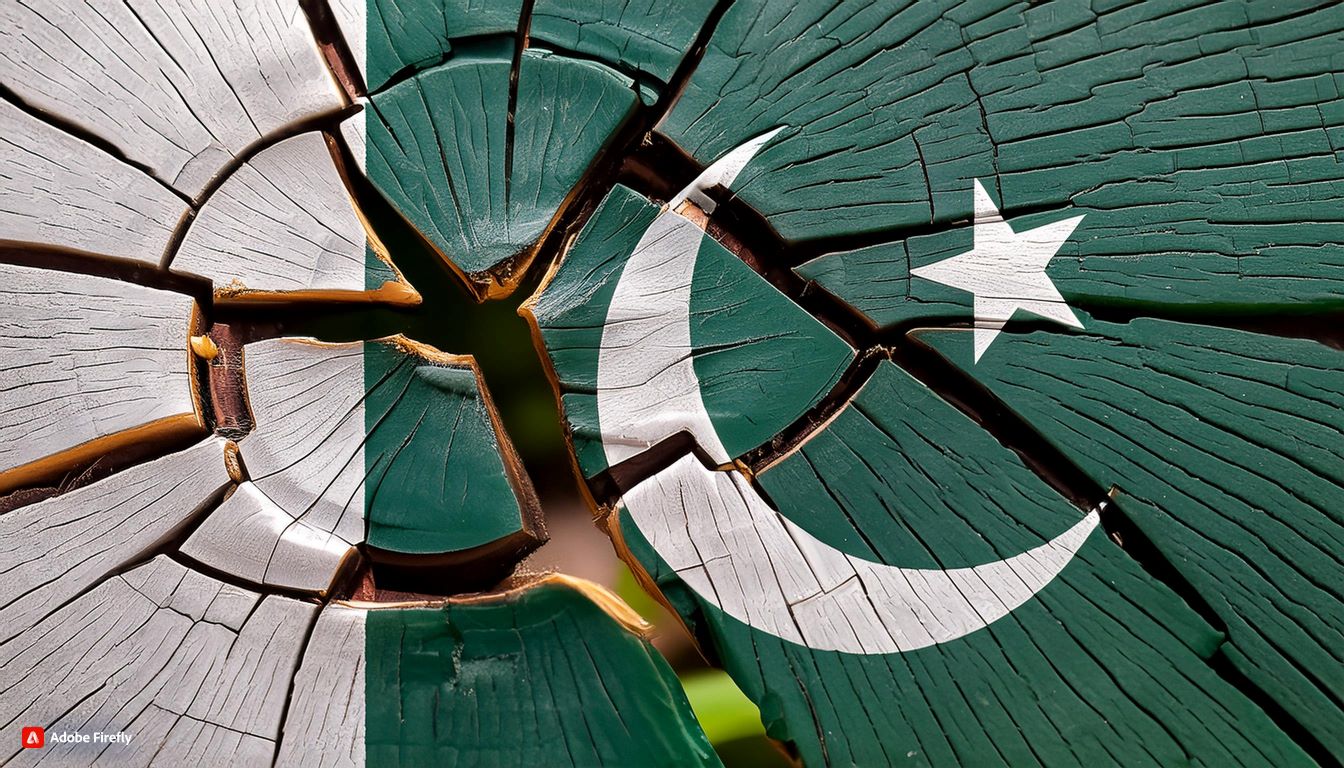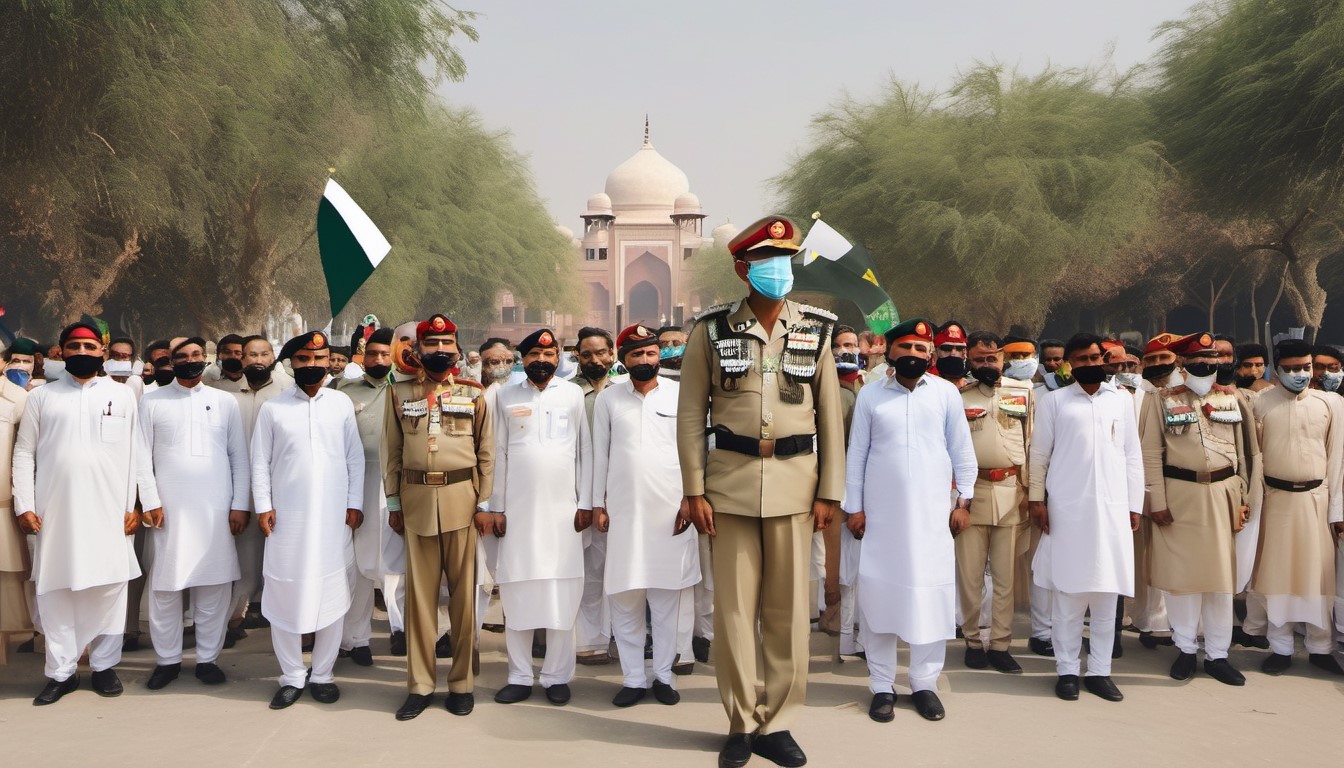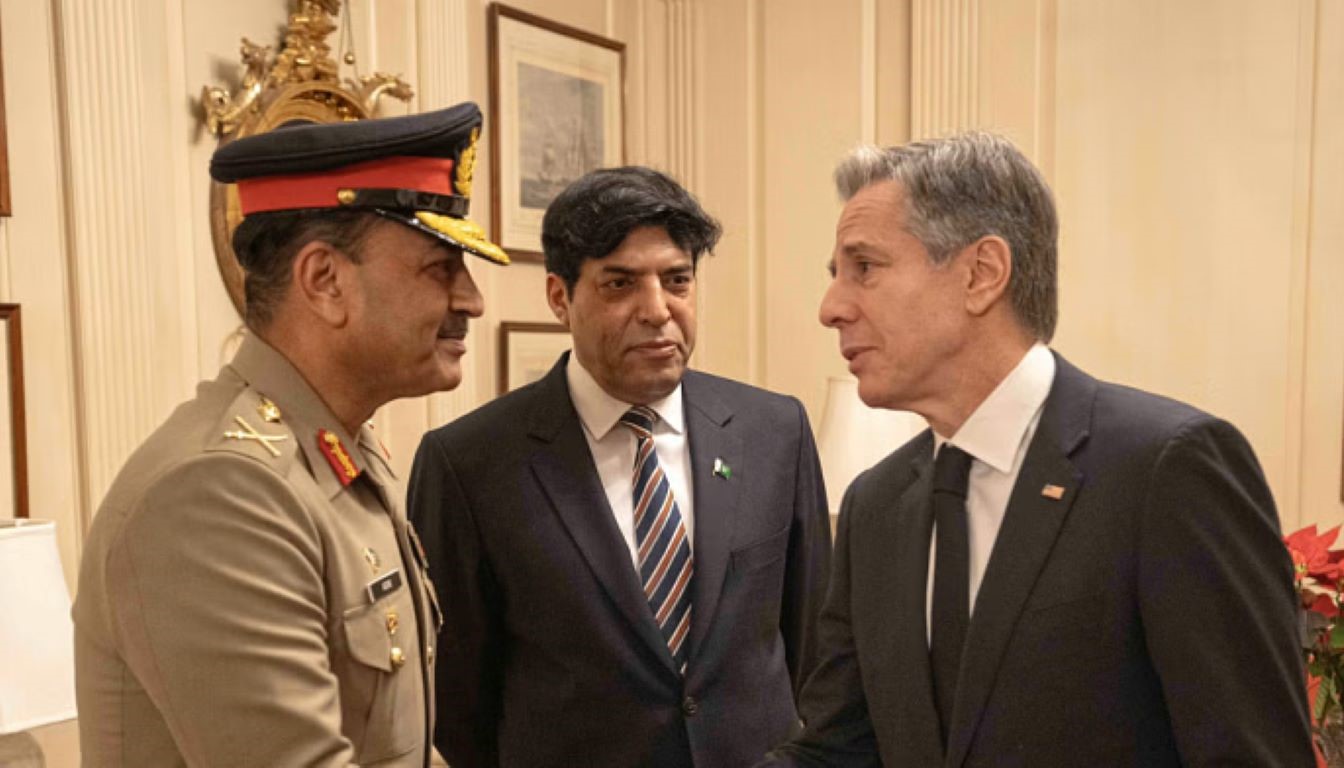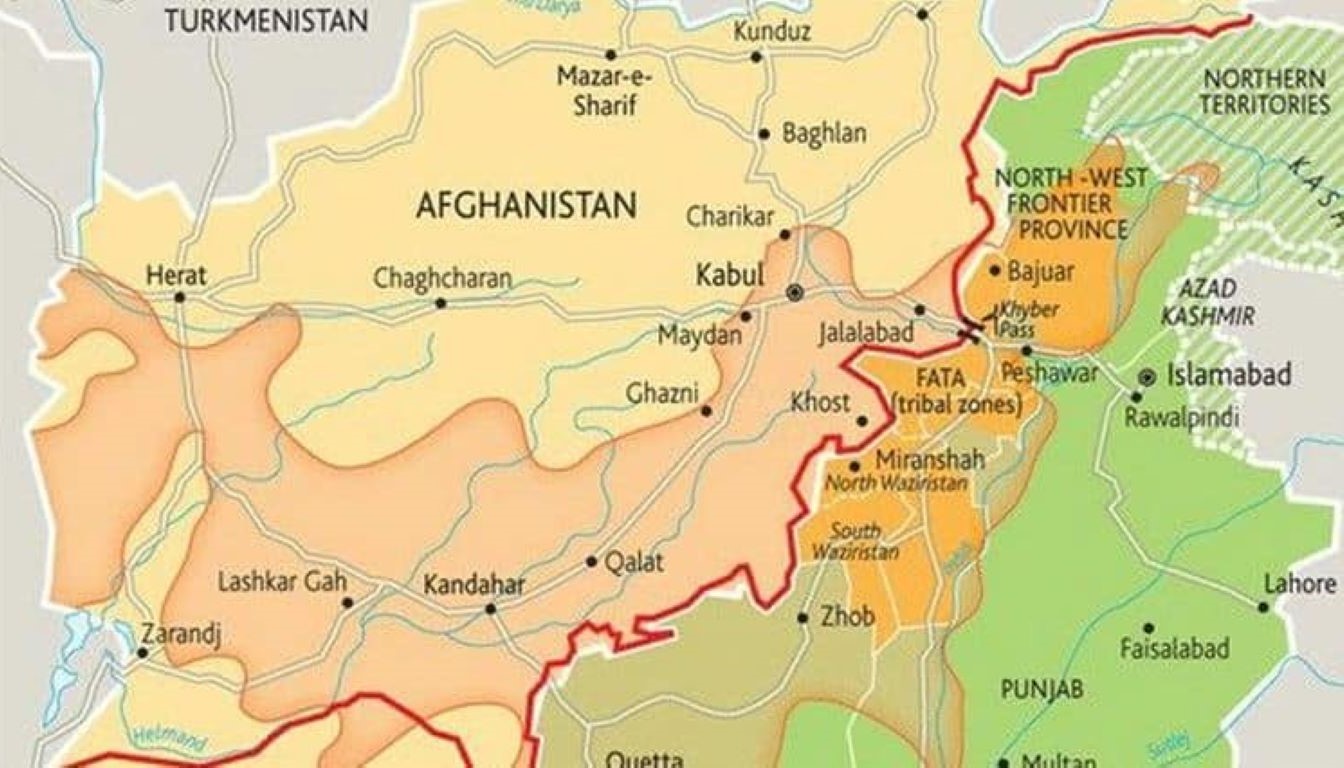The Israeli attack on Qatar shattered assumptions about U.S. protection in the Gulf. Saudi Arabia, which has long relied on American security guarantees, is now exploring parallel deterrence options. For Pakistan, the lure of Gulf financing is irresistible, given the state’s near-bankruptcy.
Pakistan’s hybrid military-led regime under General Asim Munir is once again under scrutiny for allegedly renewing efforts to extend a “nuclear umbrella” to Gulf states. The backdrop is volatile: Israel’s unprecedented strike on Qatar rattled the Gulf security architecture, pushing vulnerable states to search for deterrence. For Pakistan, teetering under debt and economic collapse, such arrangements promise much-needed financial relief. Yet history—and hard strategic realities—show the move is more a gamble than a guarantee.
Pakistan’s political system is fractured, its economy is gasping, and its military has lost credibility at home. A desperate state with nuclear leverage is a dangerous mix.
A Dangerous Bargain
At the heart of the allegations lies a troubling proposition: Pakistan, with its nuclear arsenal, could trade security guarantees for Gulf petrodollars. This is not a new idea. For decades, Saudi Arabia in particular has bankrolled Pakistan’s nuclear program in exchange for an unspoken promise of access. But international pressure, proliferation safeguards, and the sheer risks have collapsed every attempt.
Asim Munir’s regime now seems willing to test old waters in a new storm. The timing could hardly be worse: Pakistan’s political system is fractured, its economy is gasping, and its military has lost credibility at home. A desperate state with nuclear leverage is a dangerous mix.
Historical Precedents of Failure
Since the 1970s, Saudi Arabia’s alleged support for Pakistan’s bomb has been an open secret. Billions in aid, missile transfers routed through Pakistan, and repeated rumors of “off-the-shelf” warheads have colored their ties. In 2013, the BBC reported that Saudi Arabia had “ordered” nuclear devices from Pakistan, ready for delivery if needed. Yet, no transfers ever occurred.
The reasons were obvious:
Relentless U.S. monitoring and sanctions.
- Global non-proliferation norms, particularly after the A.Q. Khan network scandal.
- Saudi fear of provoking Israel or Iran directly.
- Pakistan’s own calculations of the cost of crossing red lines with the U.S. watching closely.
Instead of weapons, cooperation remained at the level of covert funding and conventional missile transfers.
Why Now?
Israel’s attack on Qatar has undermined assumptions about U.S. protection in the Gulf. Saudi Arabia, long dependent on American guarantees, now appears to be exploring parallel deterrence. For Pakistan, the lure of Gulf financing is irresistible, given the state’s near-bankruptcy.
But this revival faces the same obstacles as before—perhaps even greater. International scrutiny of Pakistan’s nuclear assets is tighter than ever. Washington and European capitals would react furiously to any evidence of proliferation. China, Pakistan’s only reliable patron, is unlikely to support reckless nuclear exports that could destabilize its regional projects.
The Credibility Gap
Munir’s junta is gambling with Pakistan’s most sensitive assets in the same way it gambles with domestic politics: desperate, short-term, and reckless.
Even if Pakistan signed a defense pact with Saudi Arabia, the question remains: how credible is it as a security provider? This is a country that cannot stabilize its own borders, suppress militancy, or prevent terror groups from operating freely. Can such a fragile state really guarantee the security of Gulf monarchies against Israel or Iran?
The proposition of “replacing U.S. security with Pakistani security” looks more farcical than feasible. At best, it would mean entrapment—tying Pakistan to Gulf crises it cannot resolve, while exposing the Saudis to international blowback for associating with an assumed pariah proliferator.
A Gamble with Nuclear Assets
In truth, this is less about strategy than survival. Munir’s junta is dangling Pakistan’s most sensitive assets in the same way it plays domestic politics: desperate, short-term, and reckless. Nuclear deterrence, painstakingly preserved against India, is now being offered as a bargaining chip for petrodollars.
This is the hallmark of a chasing loser—risking national stability for uncertain financial gains. The long-term cost may be catastrophic. Once suspicions of proliferation resurface, Pakistan faces the threat of sanctions, diplomatic isolation, and renewed pressure on its nuclear command-and-control system.
Global powers opposed to this initiative may also find renewed motivation to fund fissiparous tendencies in Pakistan.
Domestic Costs Ignored
Pakistan is already gripped by a longstanding insurgency that claims lives almost daily. Yet the ruling Punjab-centric elite brushes it aside as a tribal problem in a tribal country, while consolidating power for itself. This blindness only deepens the state’s internal fragility.
Conclusion: Entrapment, Not Empowerment
Pakistan’s flirtation with providing a nuclear shield to Gulf states has always been more rumor than reality. Each time, the outcome has been blocked by geopolitics, non-proliferation norms, and credibility deficits. What makes today different is not the likelihood of success, but the sheer desperation of Pakistan’s rulers.
In trying to sell security abroad, Pakistan risks losing it at home. This is not empowerment—it is entrapment. And for a fragile state already on the brink, it could prove to be a gamble too far.
Adil Raja is a freelance investigative journalist and a dissident based in London, United Kingdom. He is a member of the National Union of Journalists of the UK and the International Human Rights Foundation. Read more about Adil Raja.





